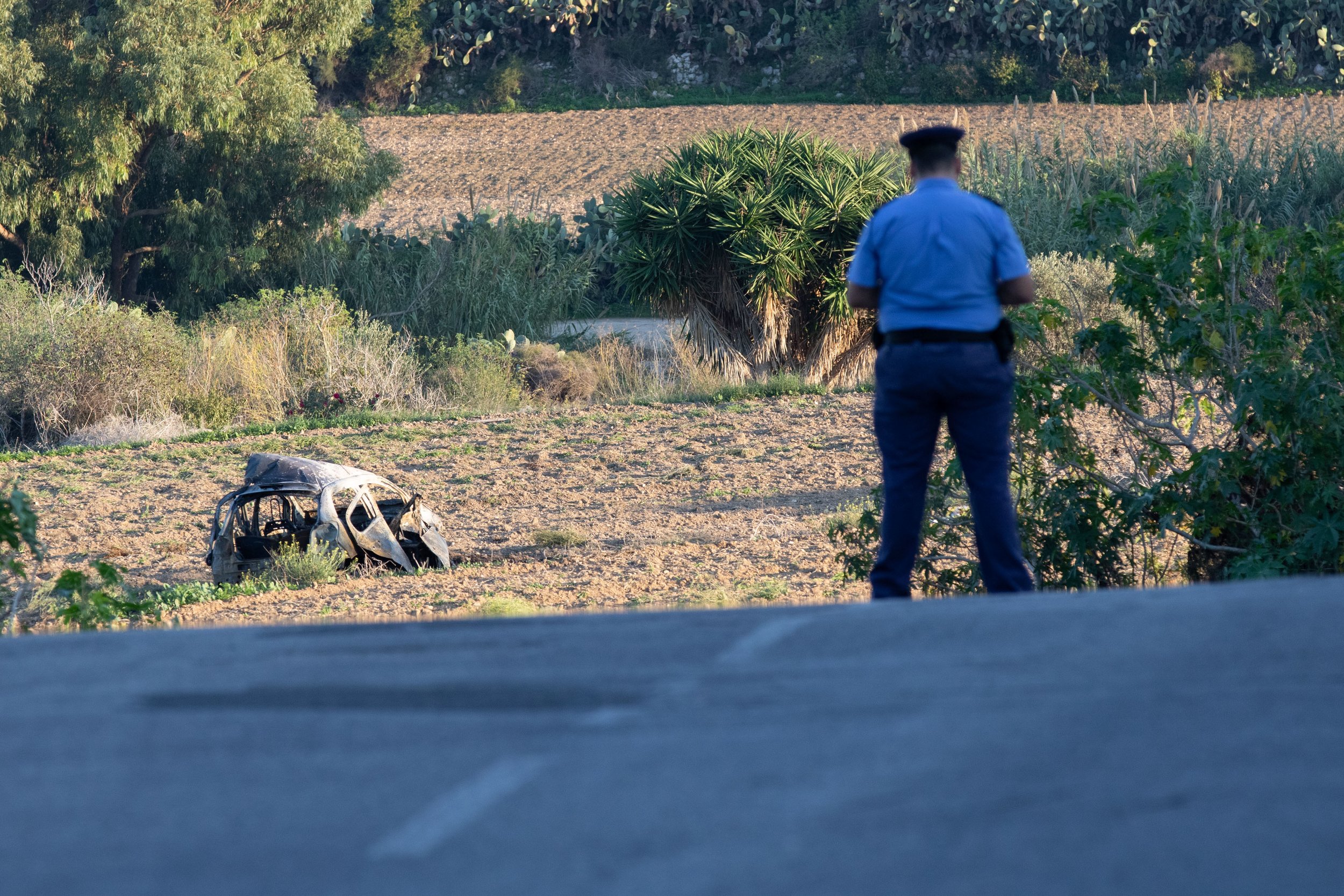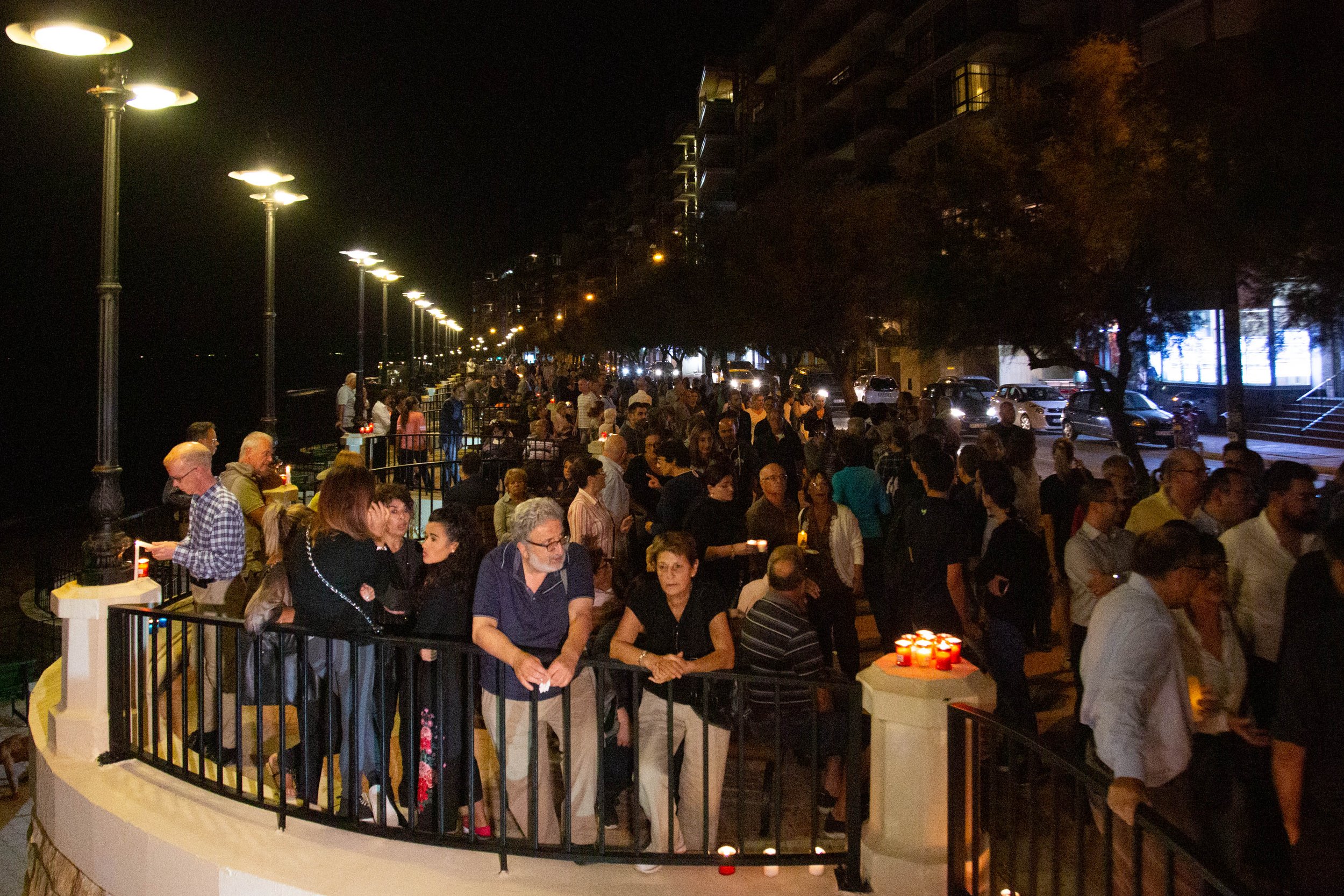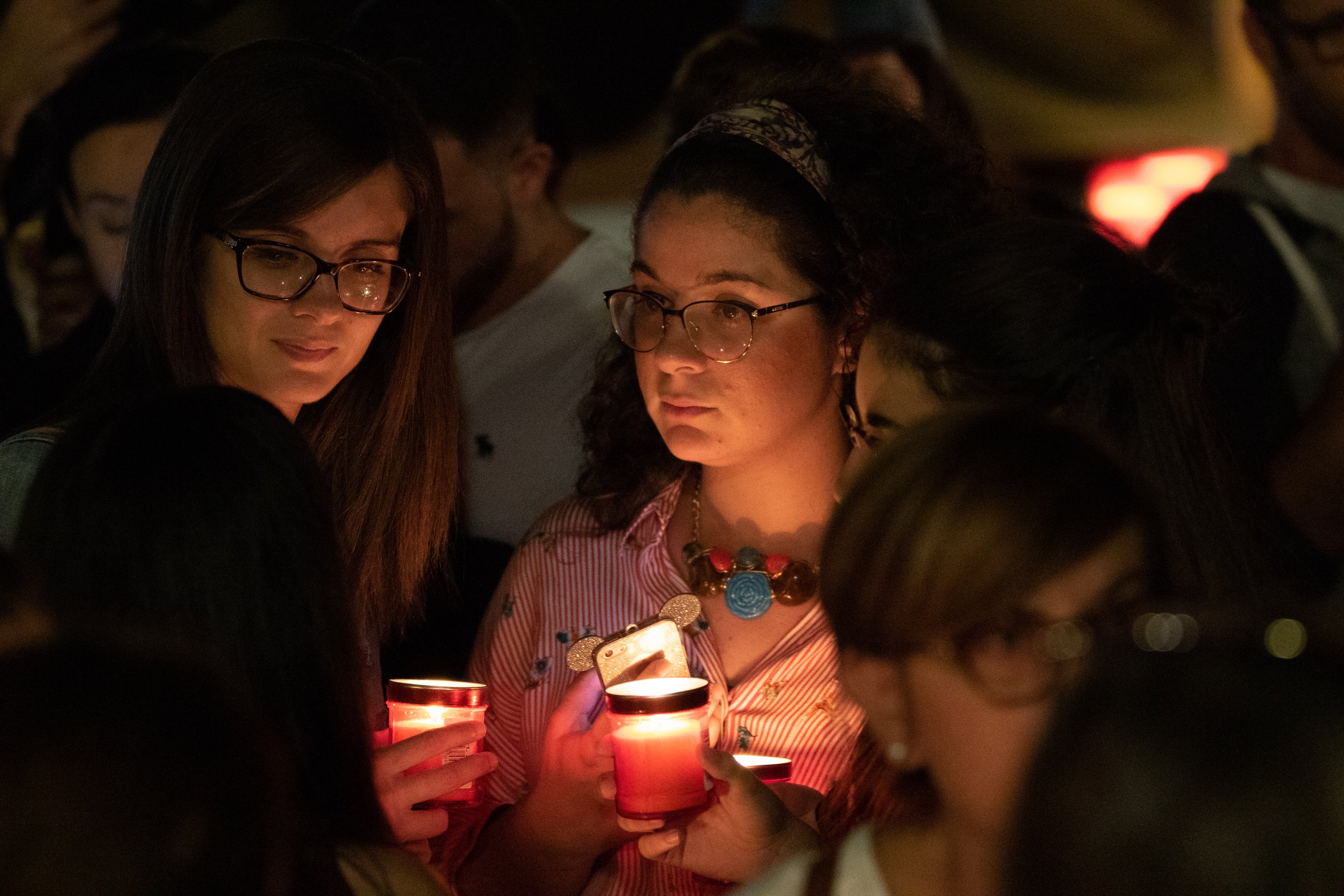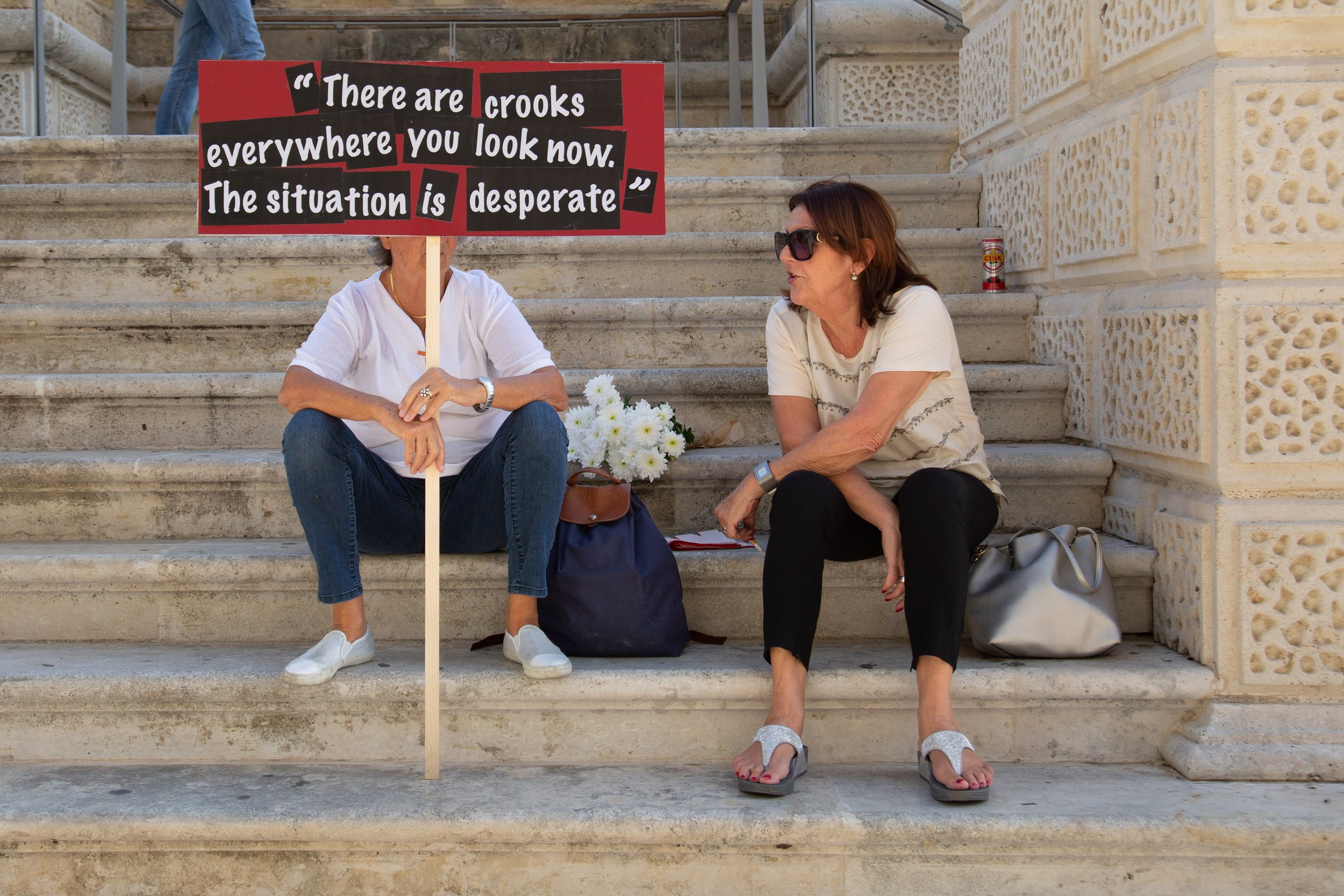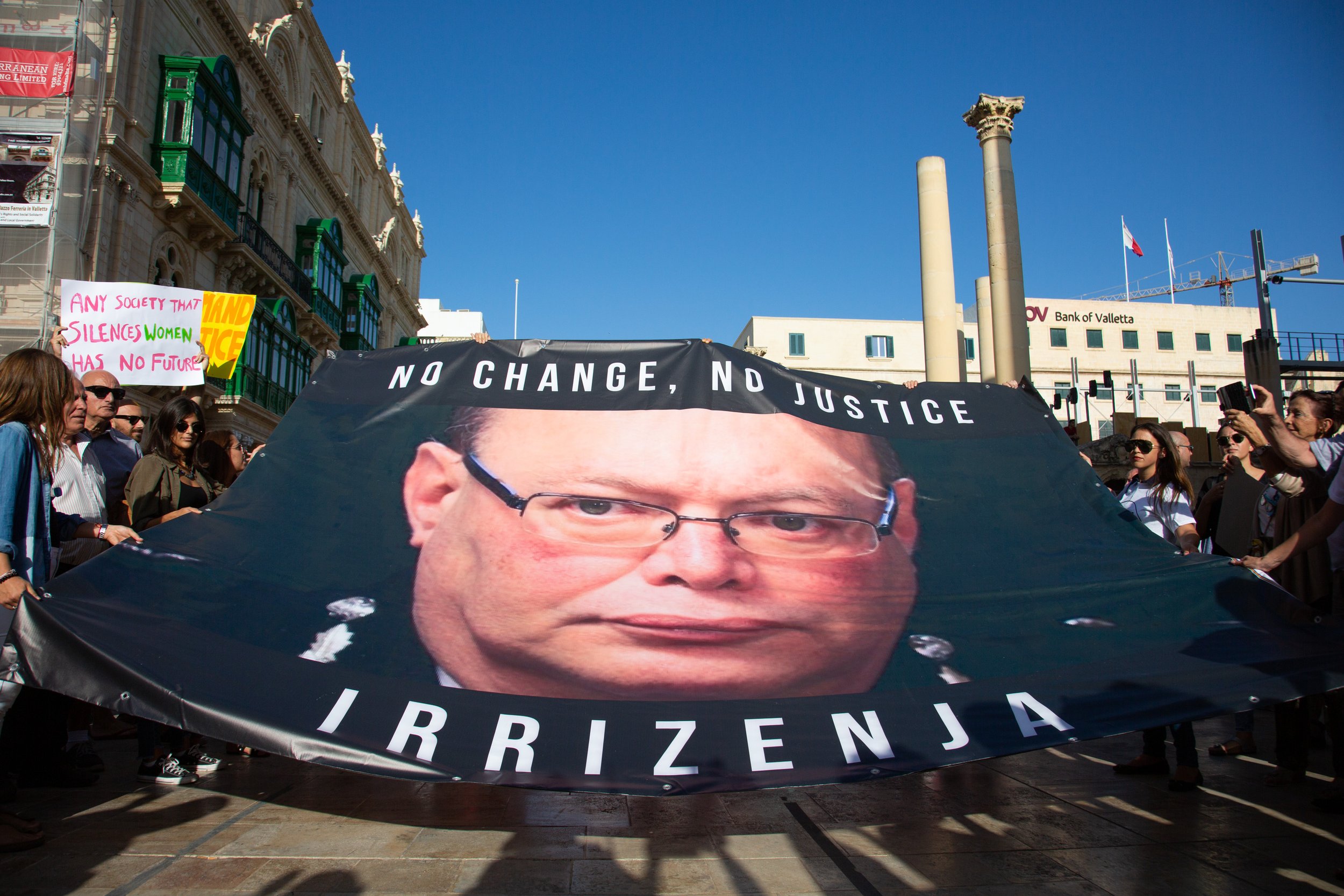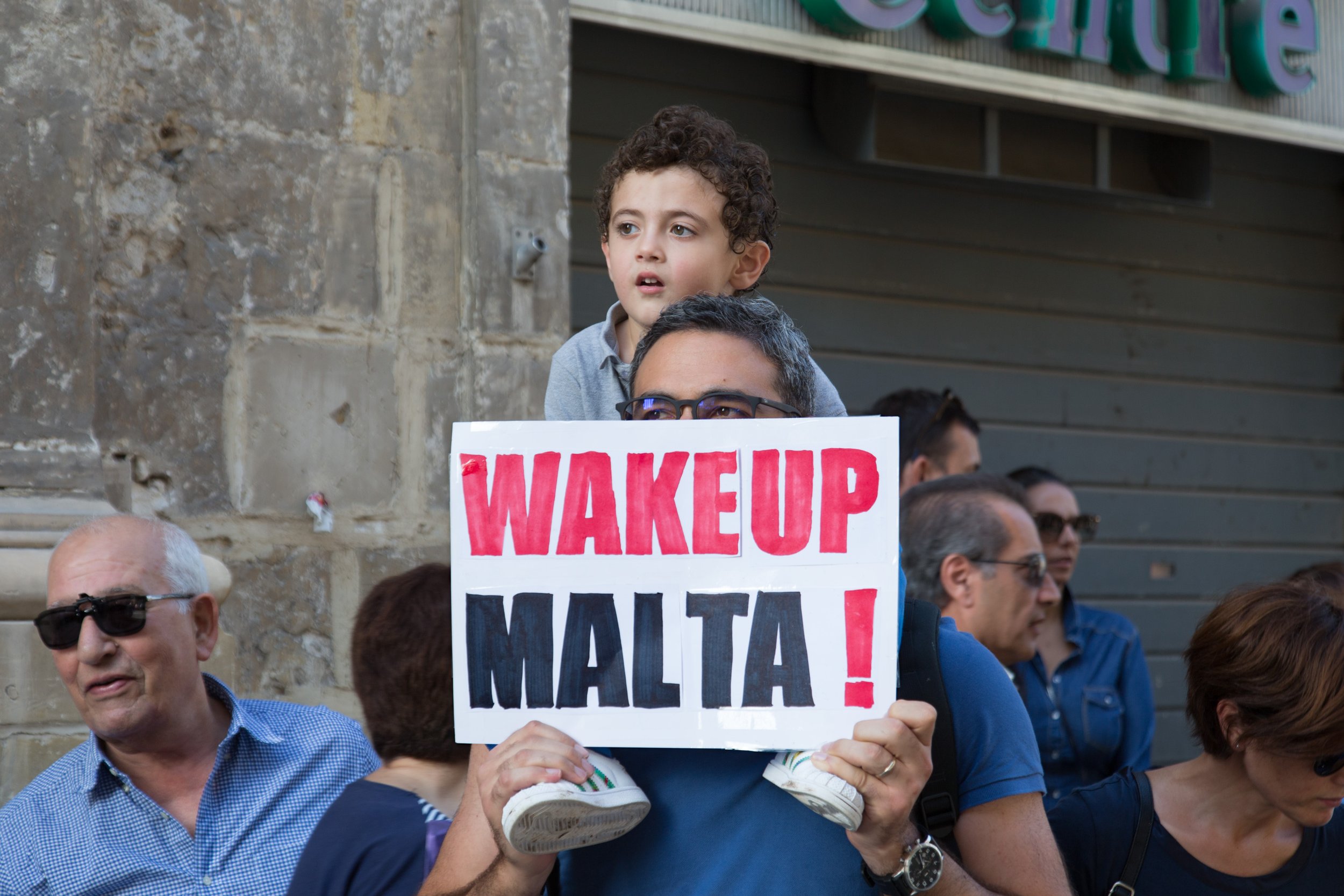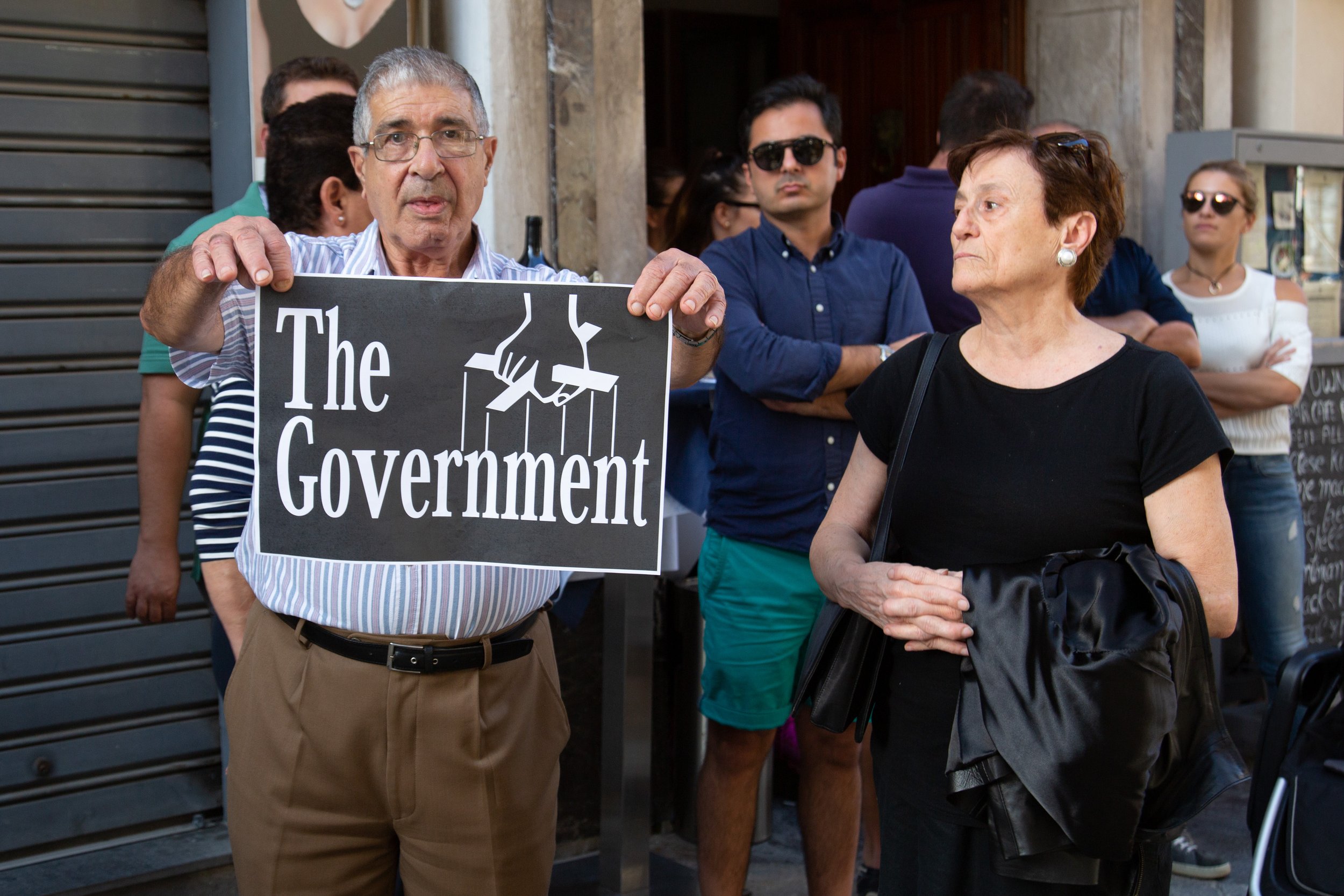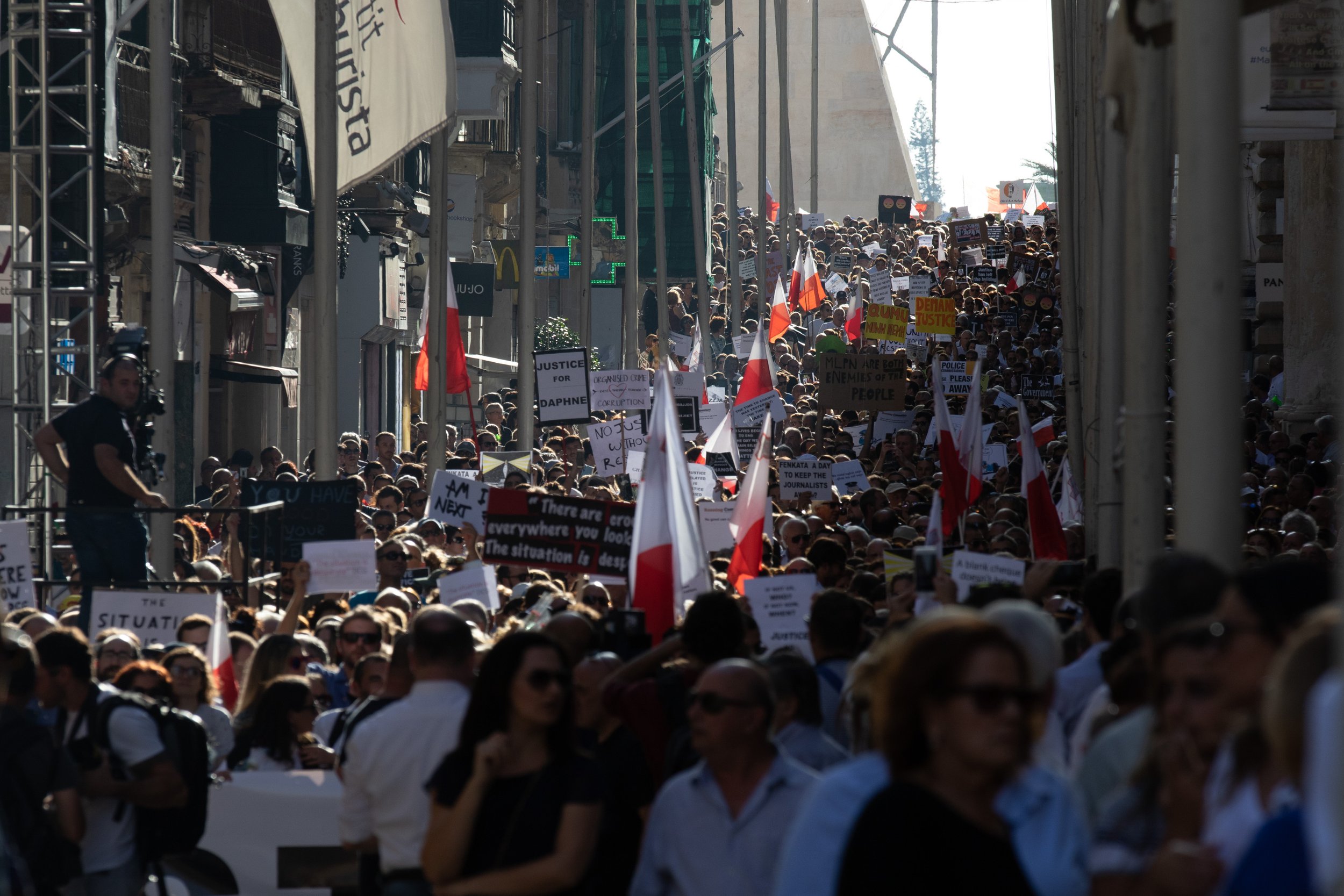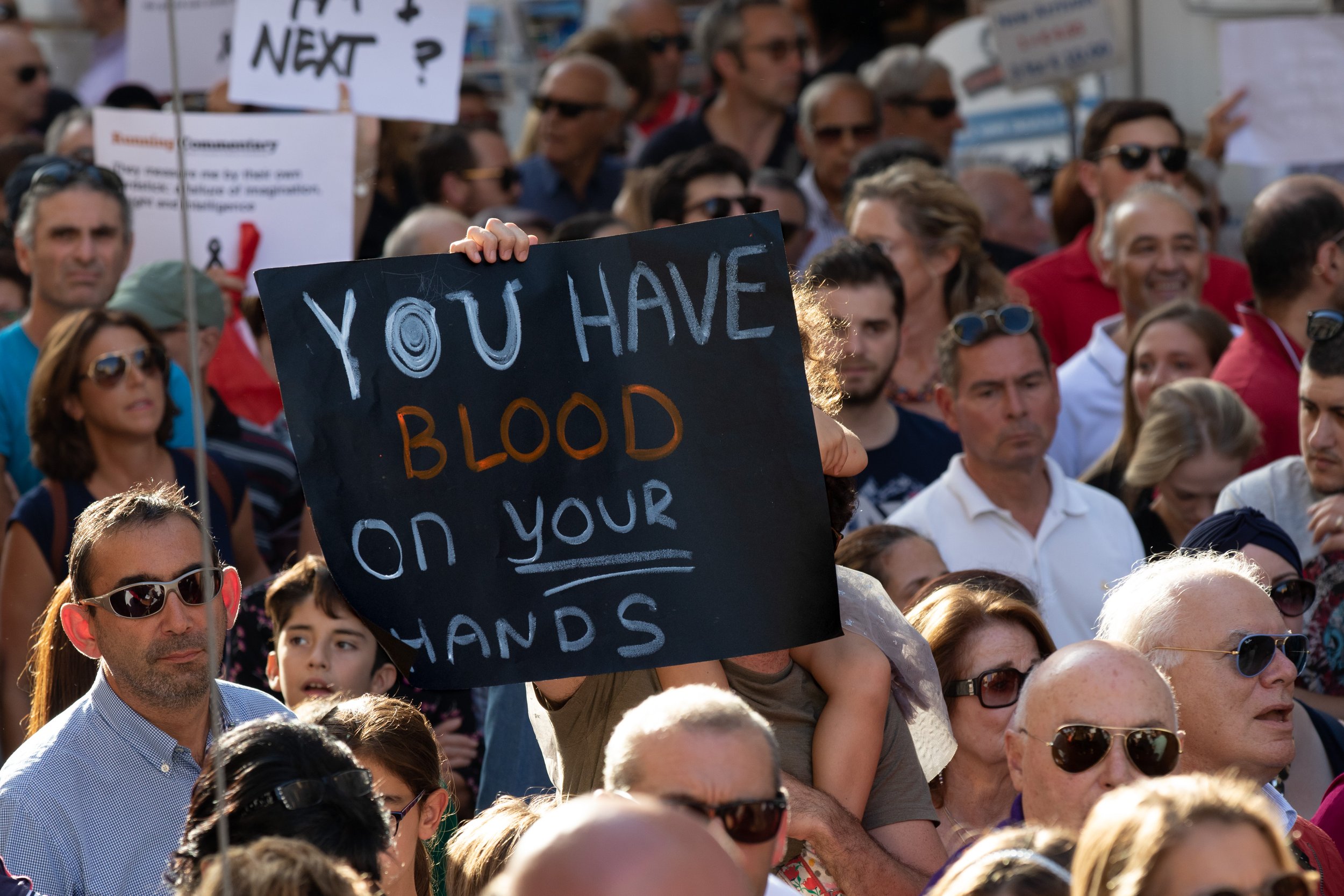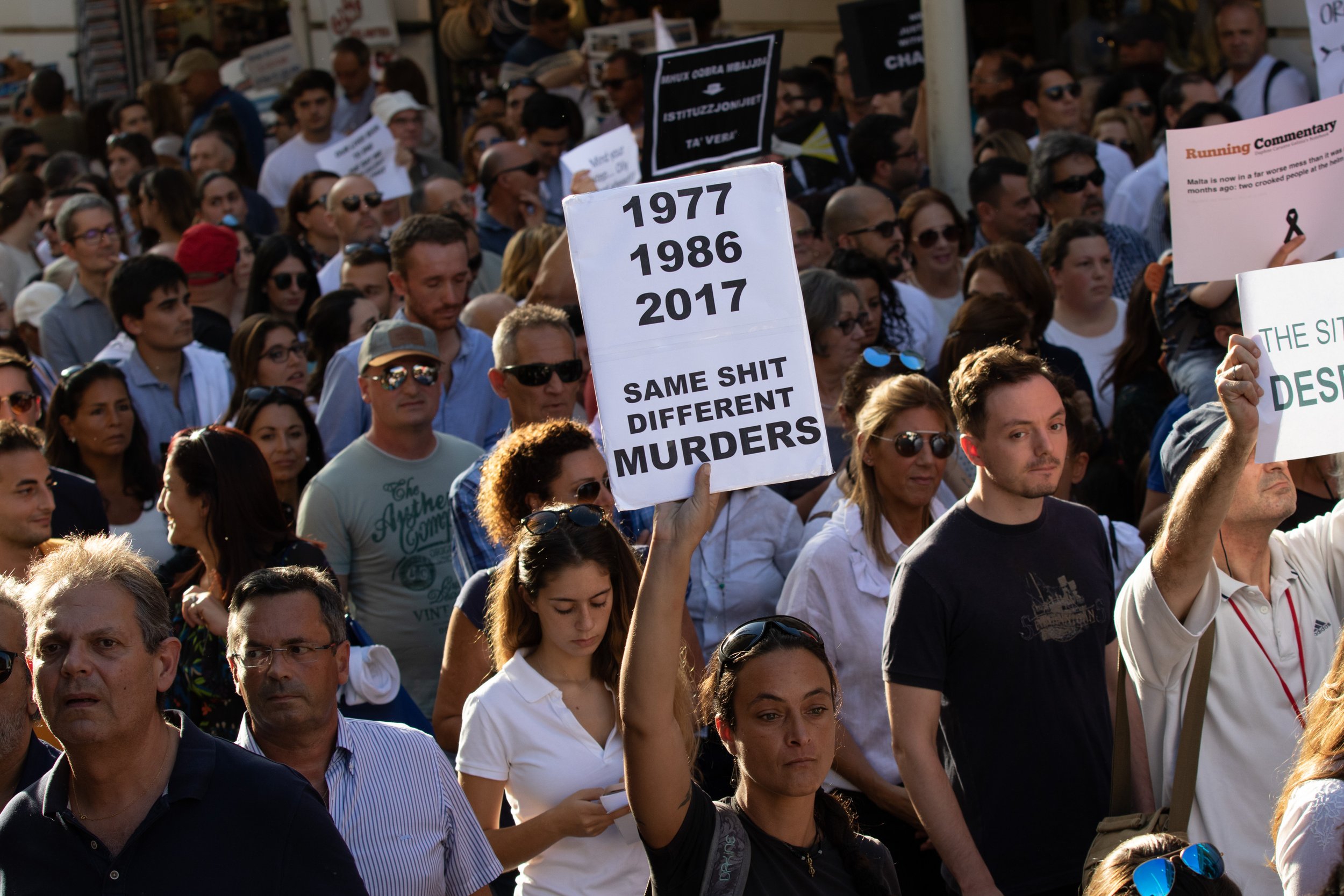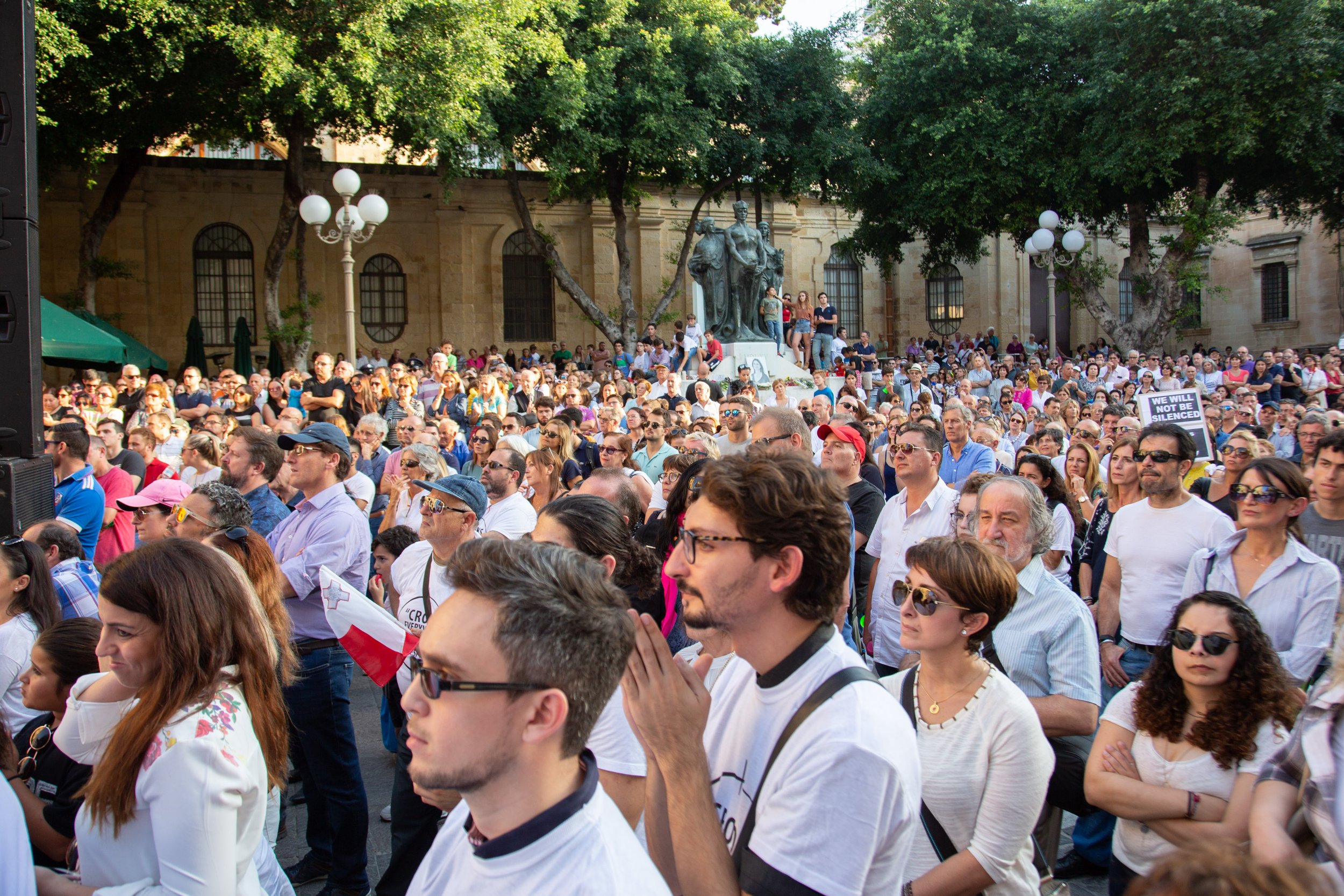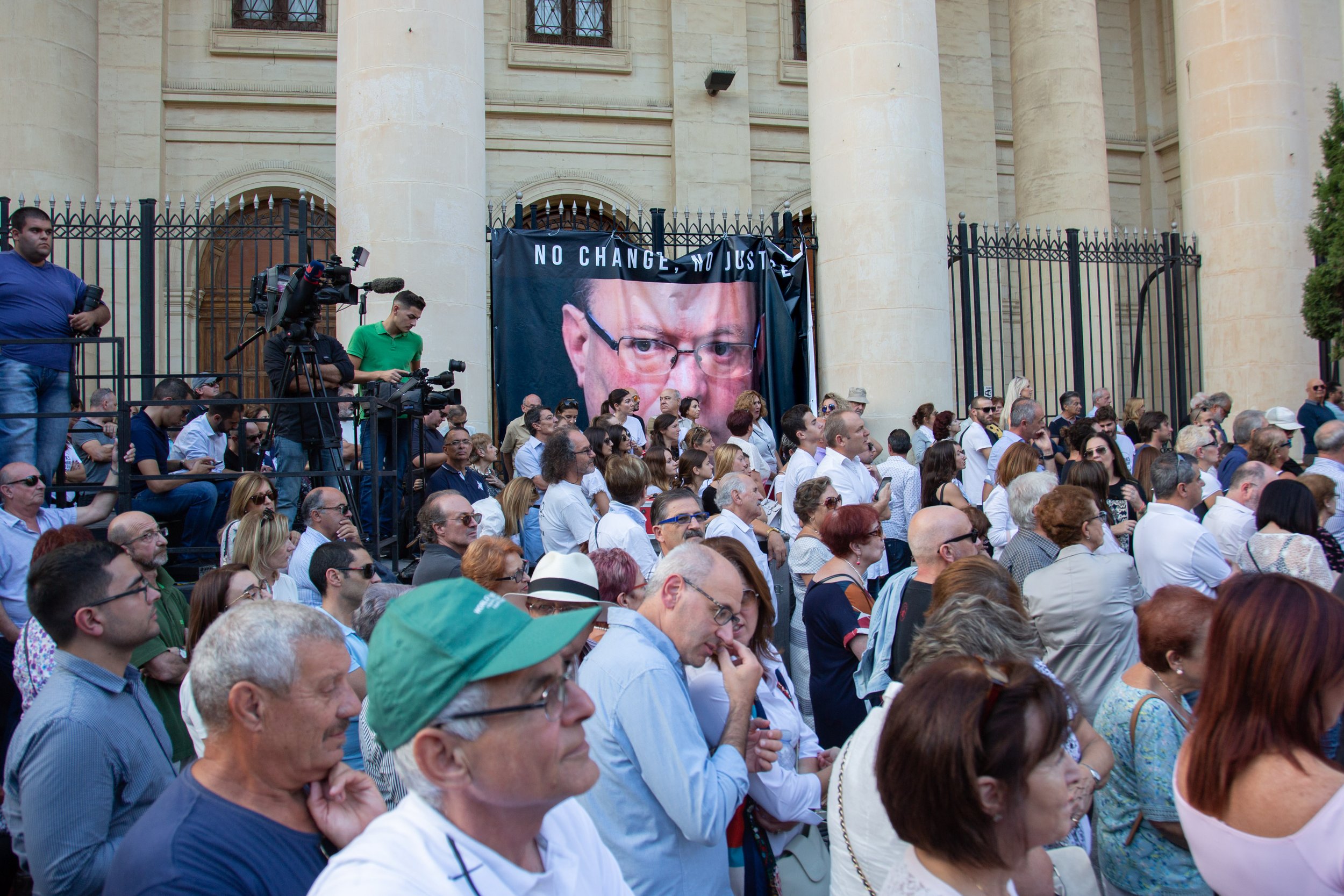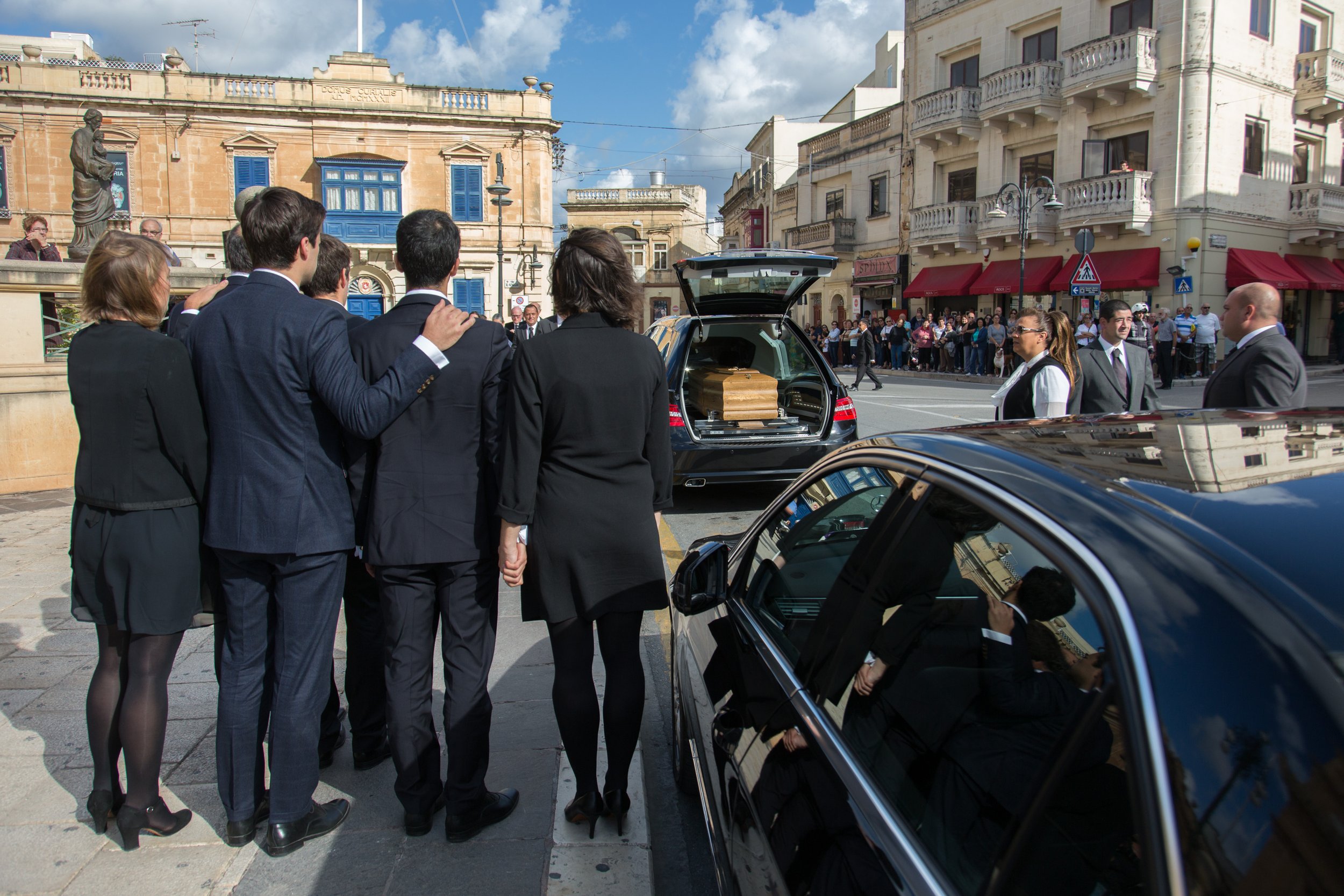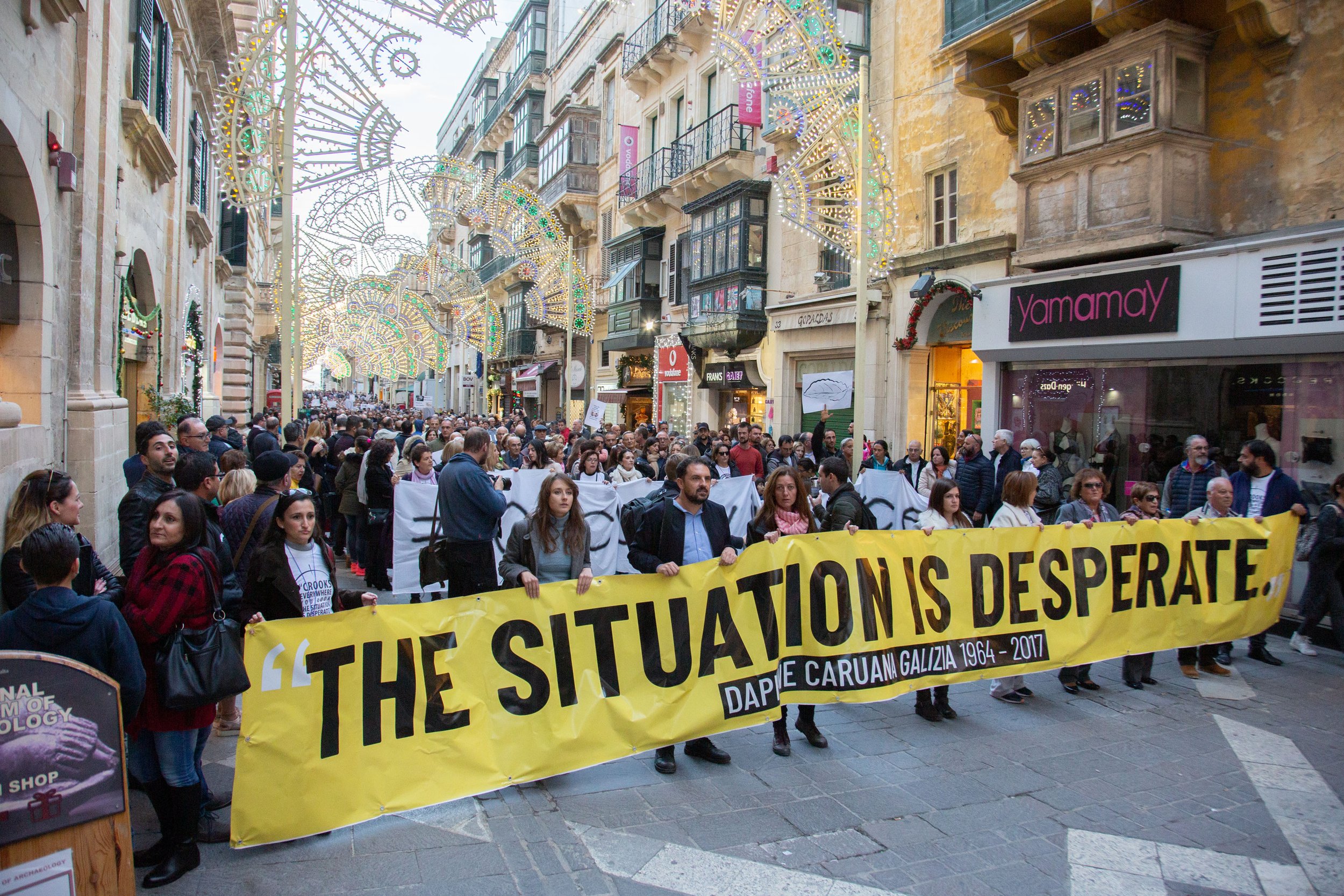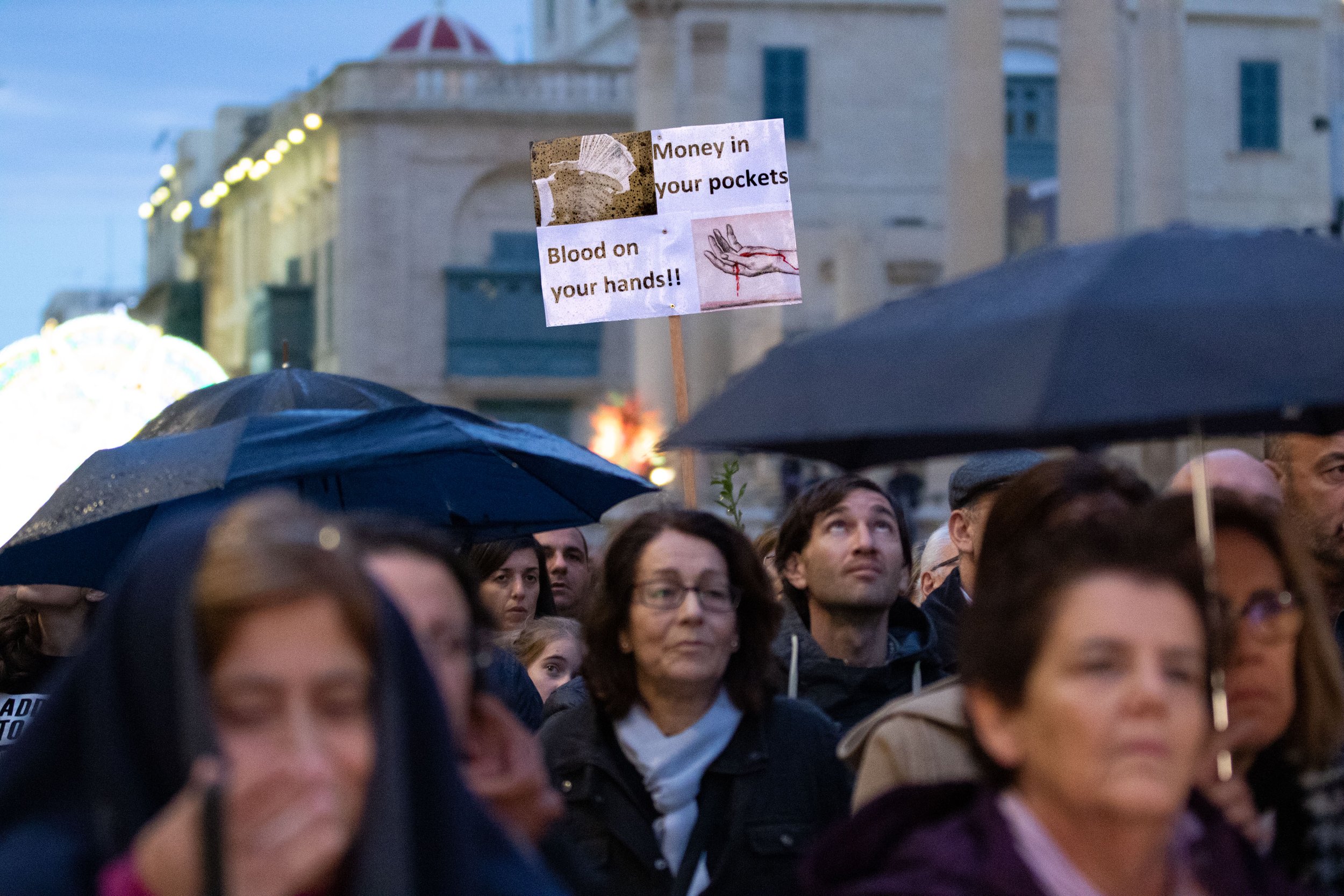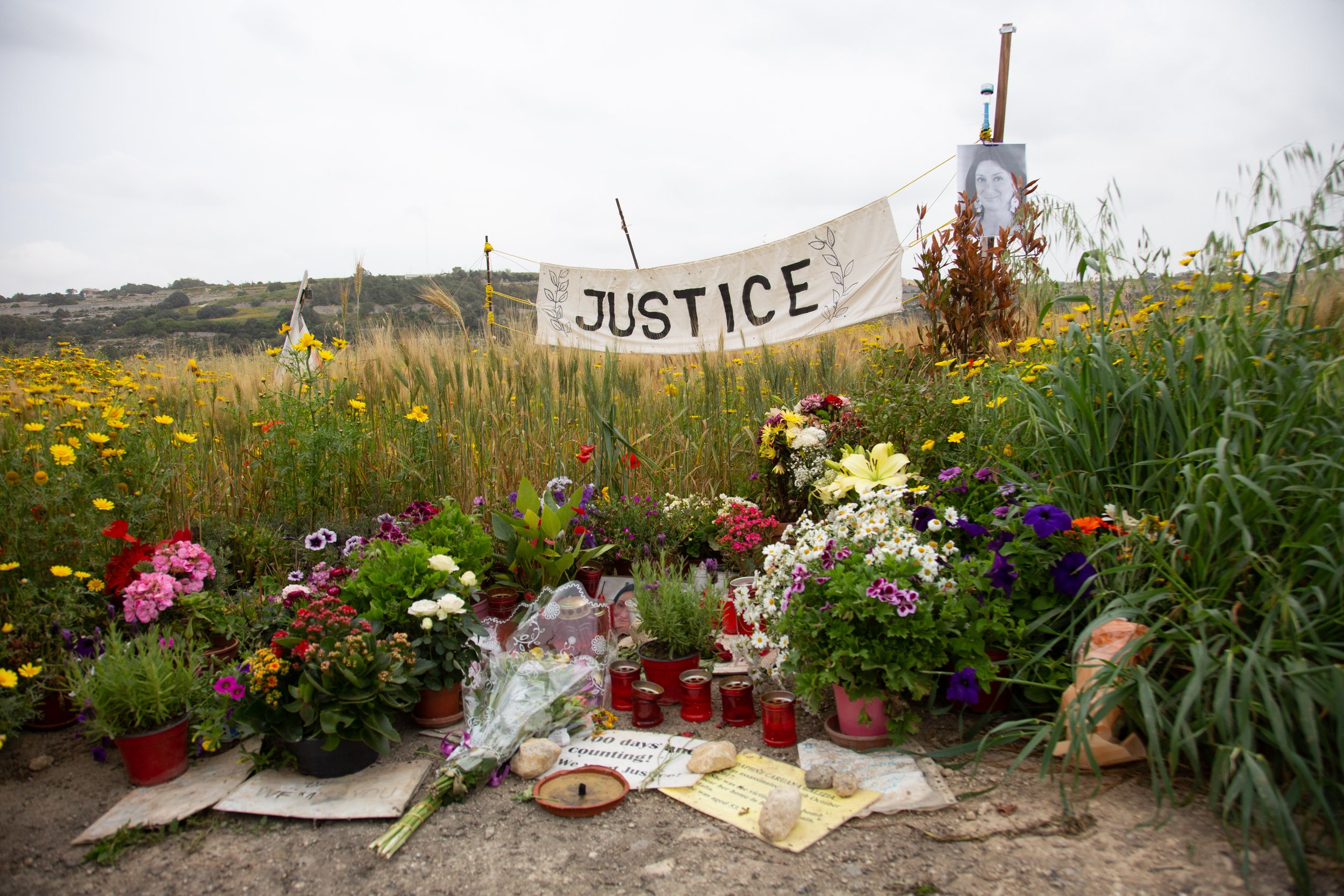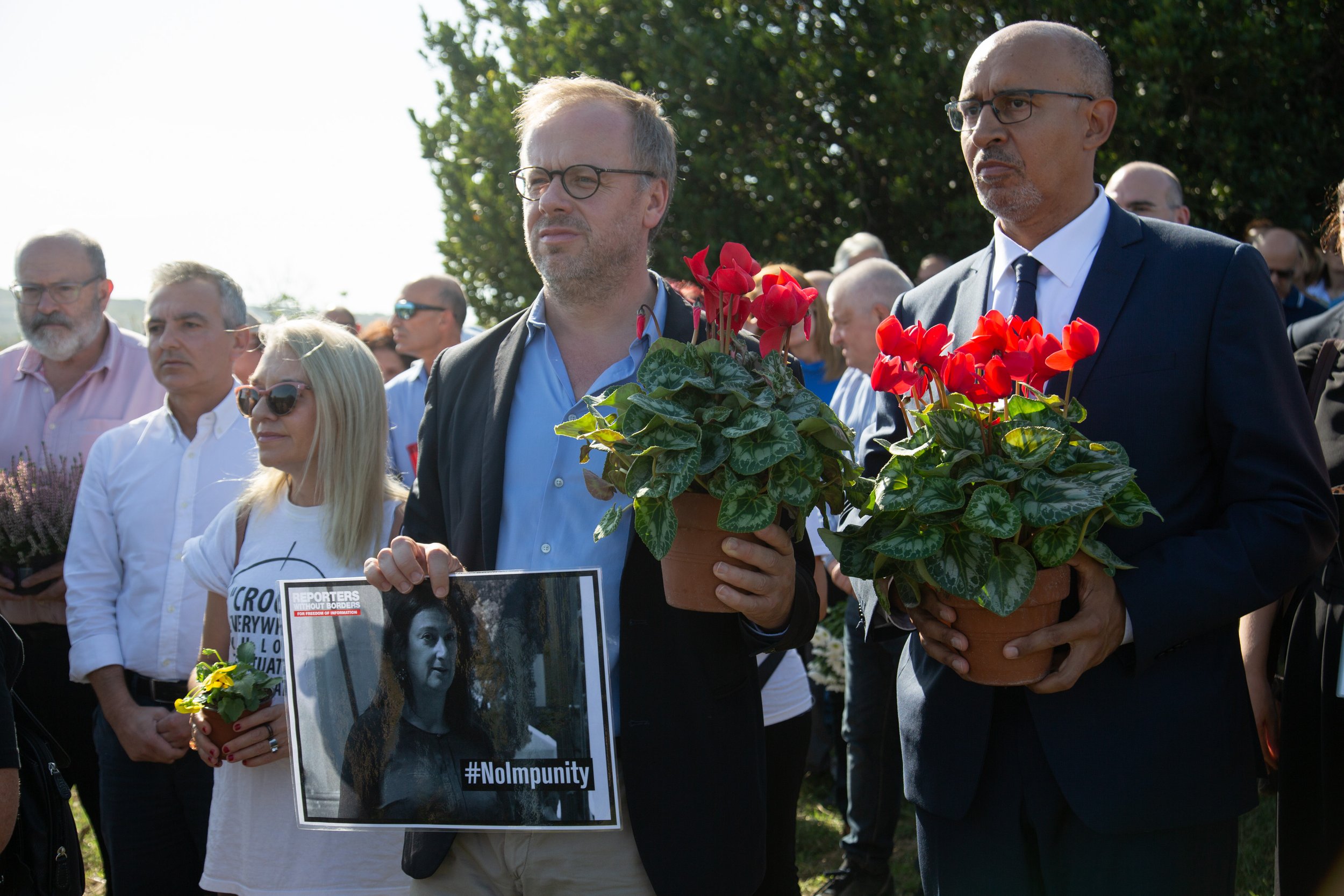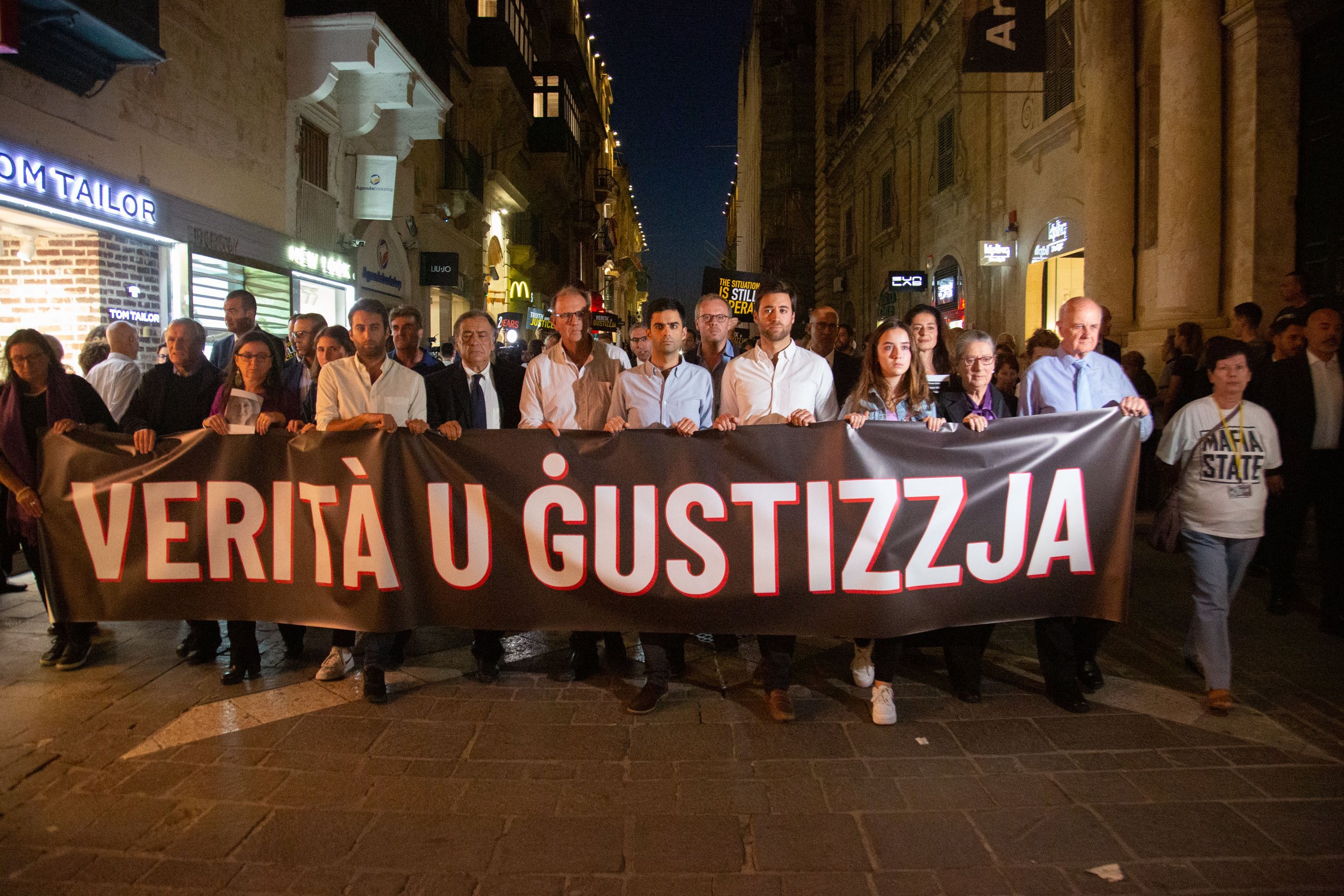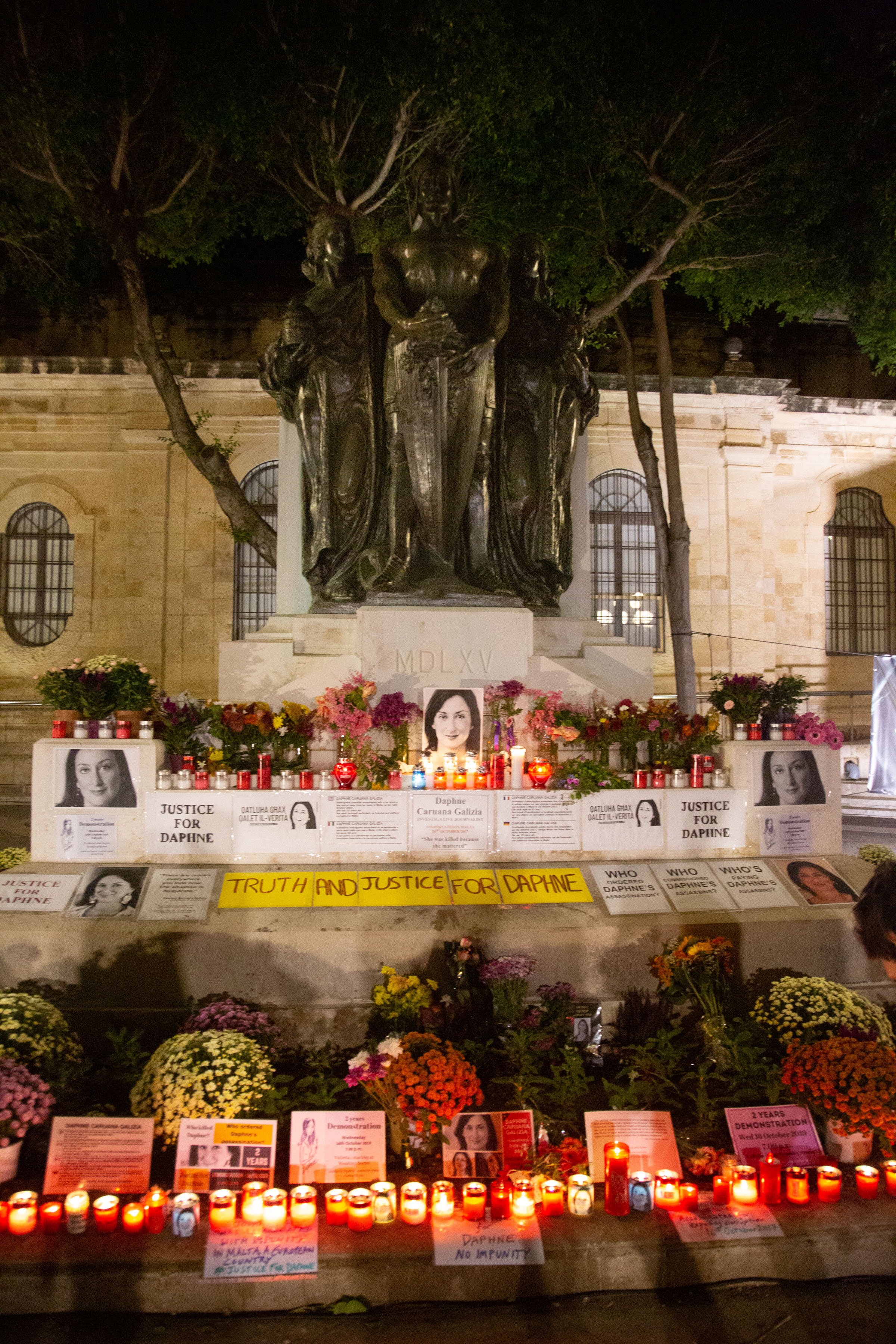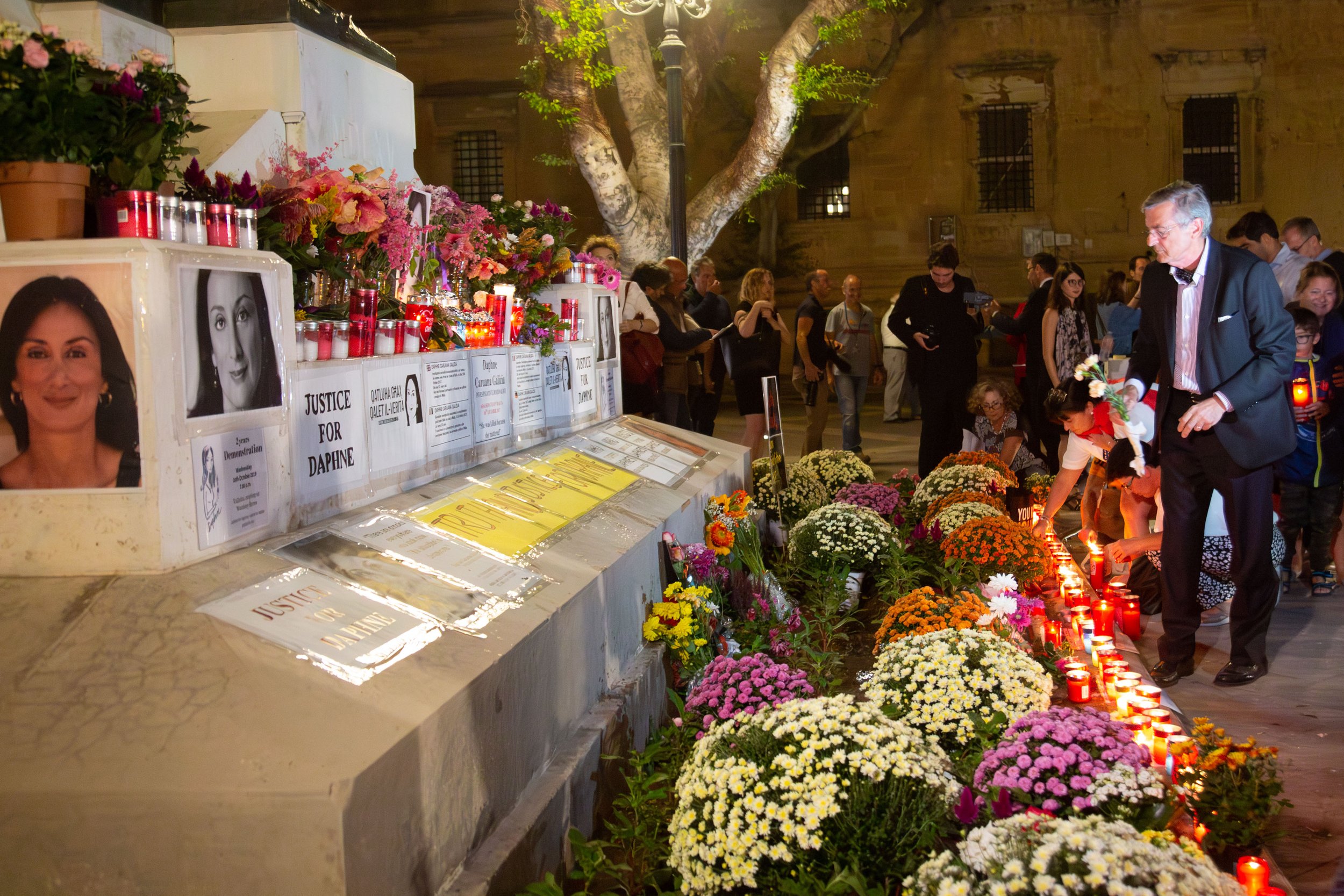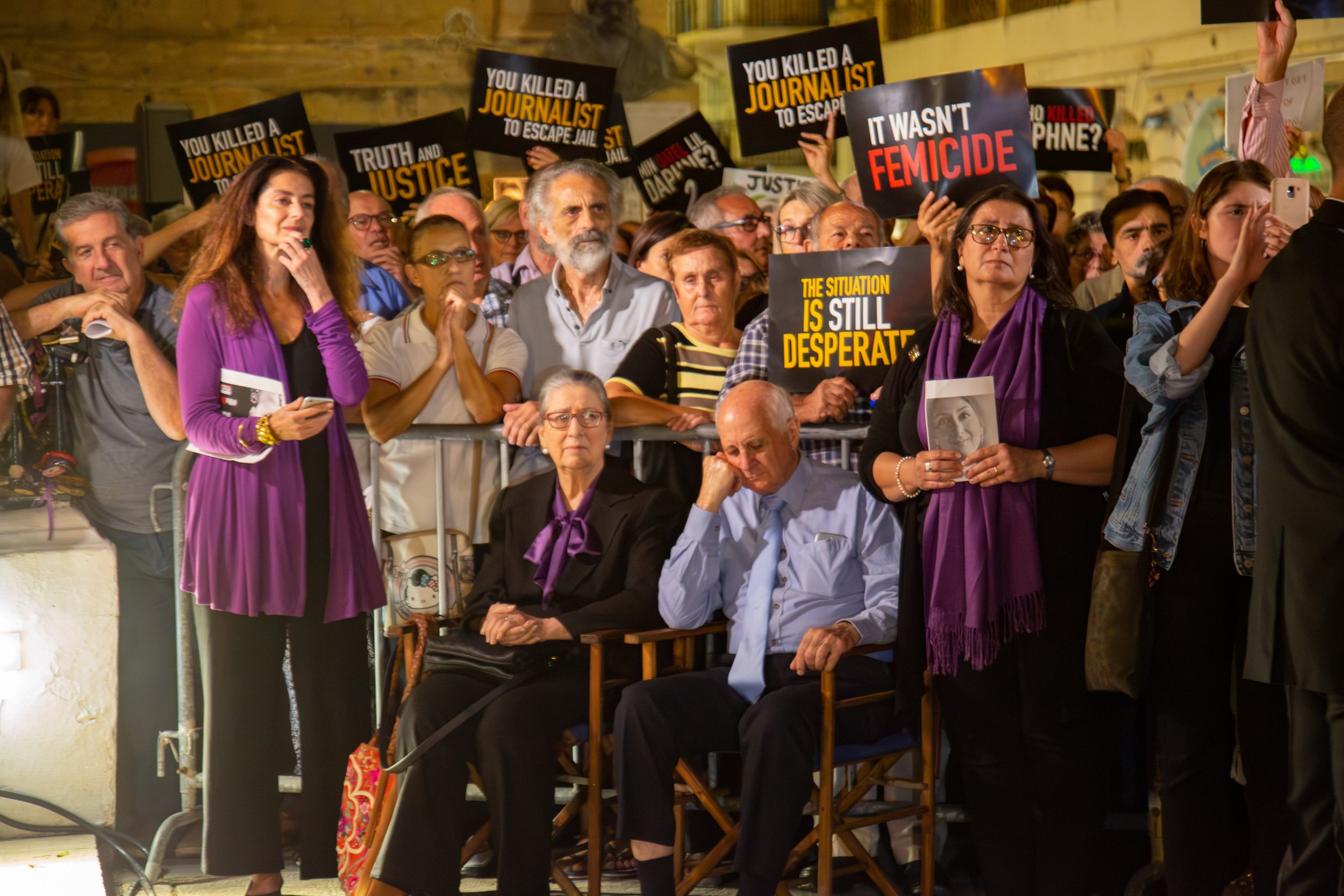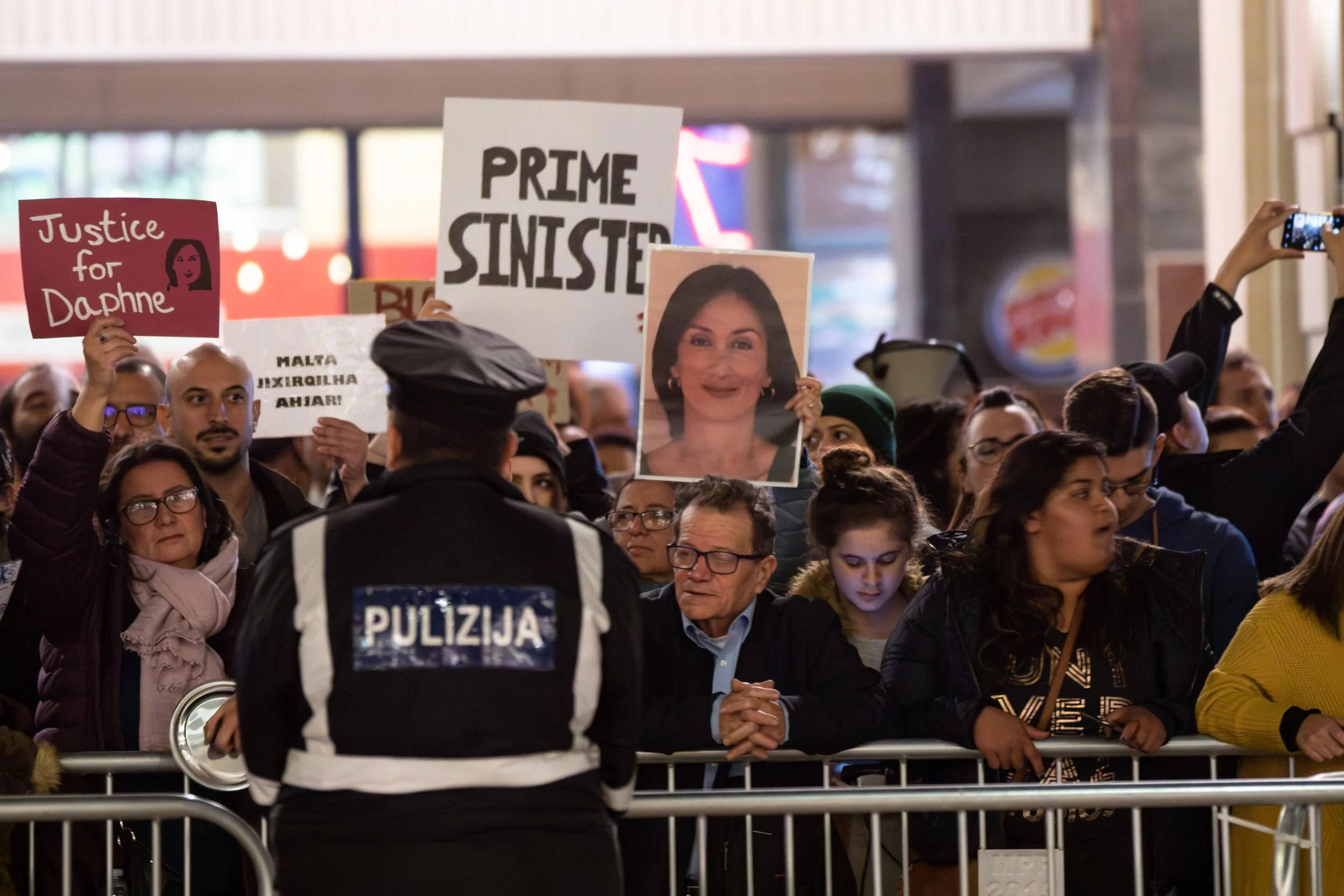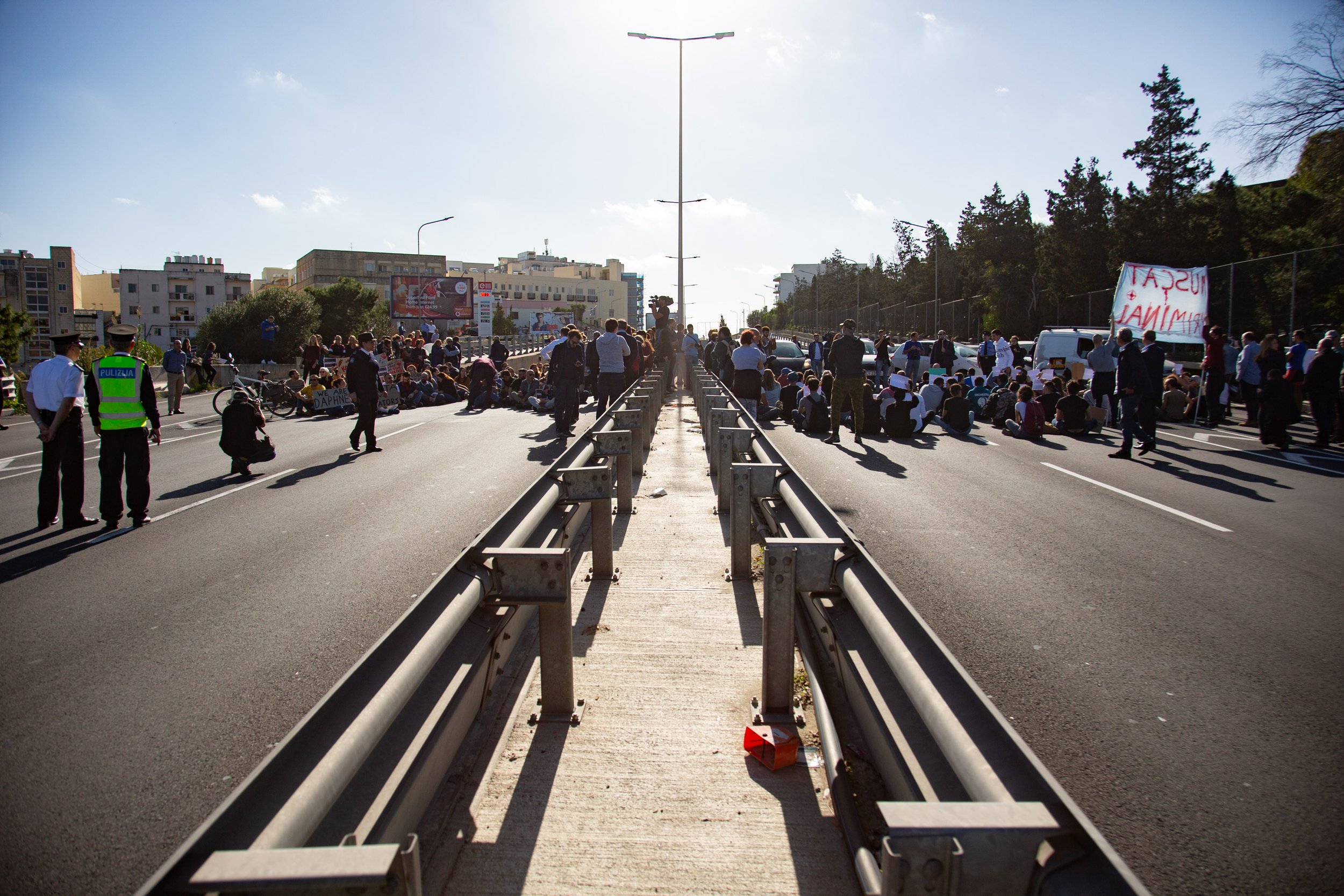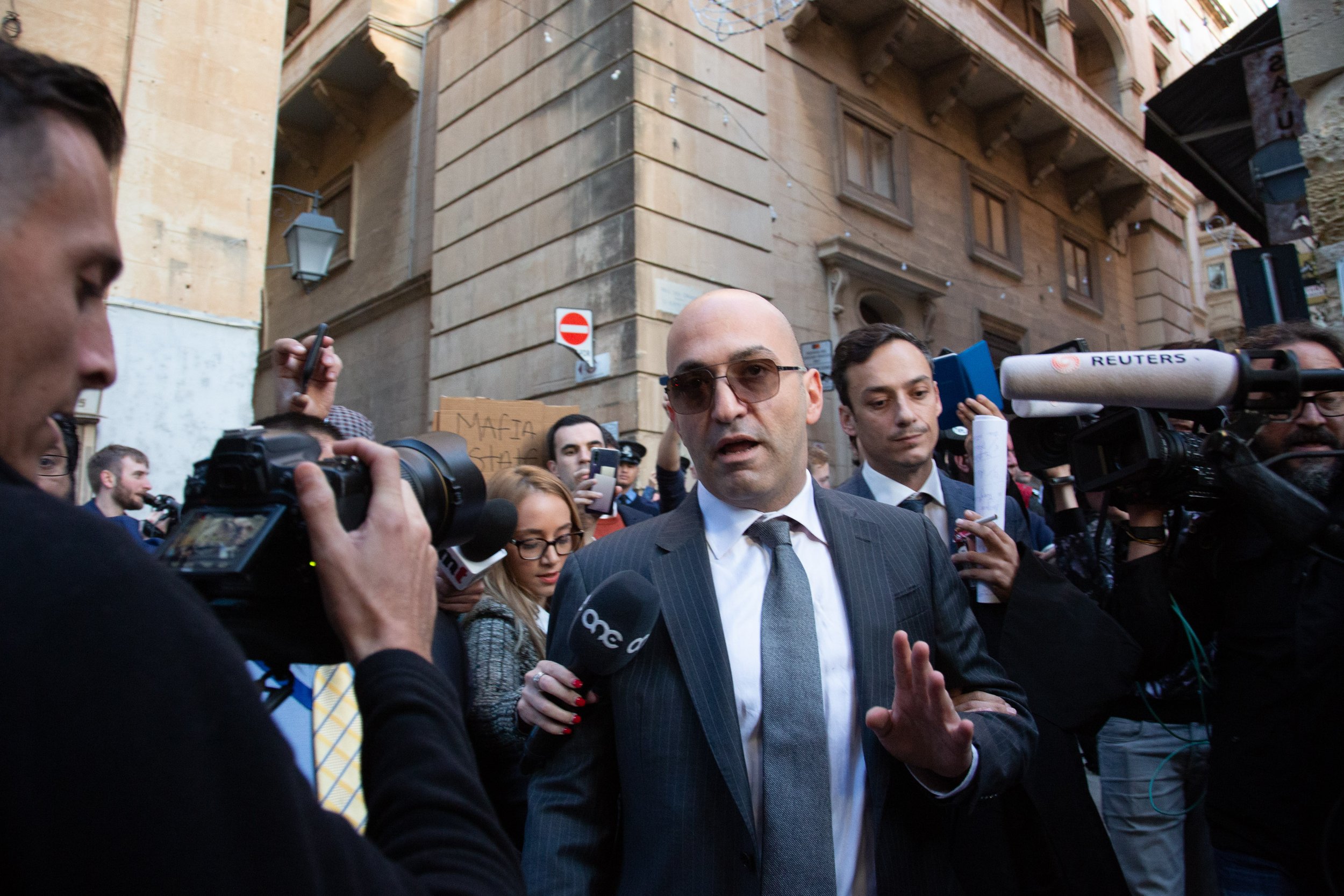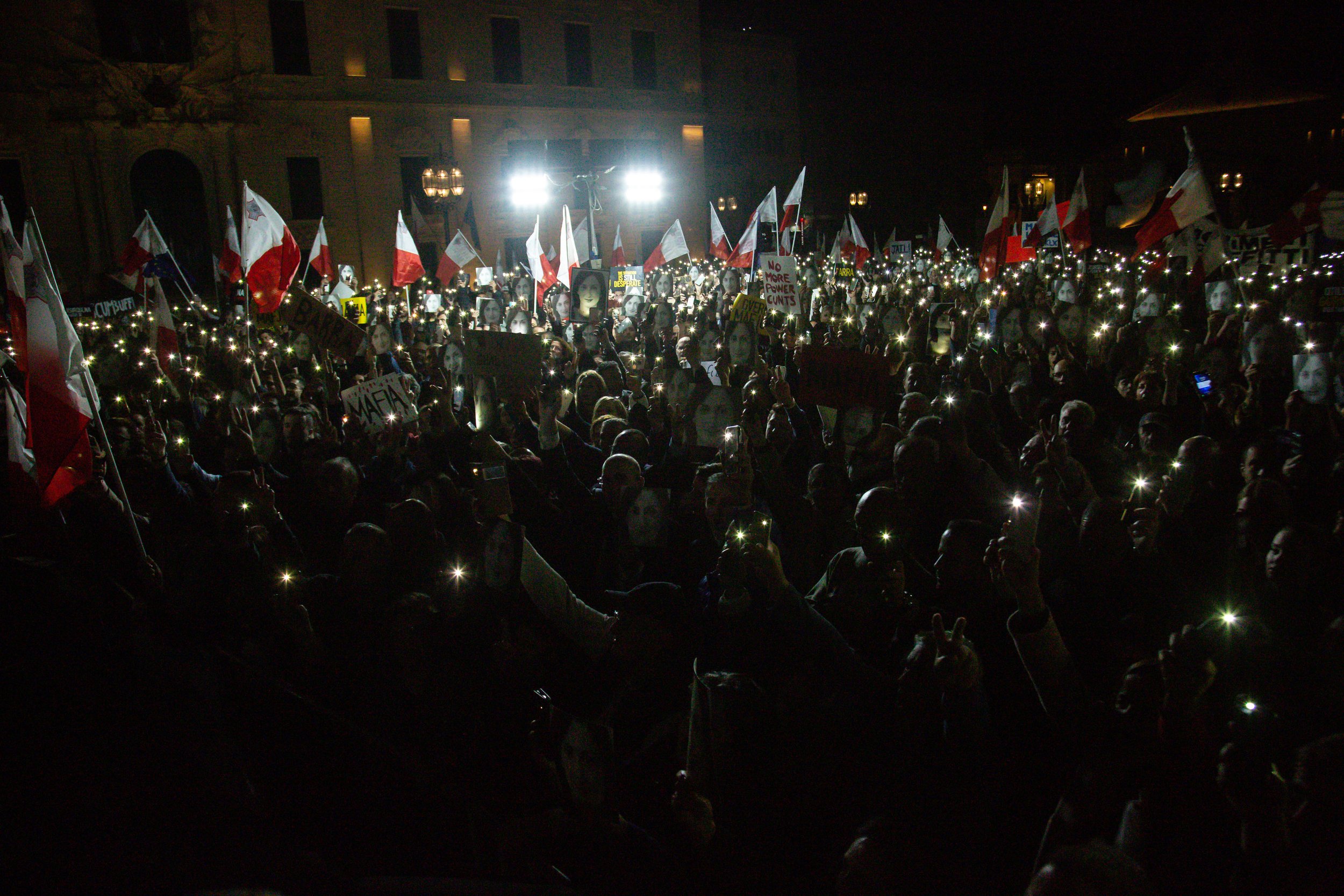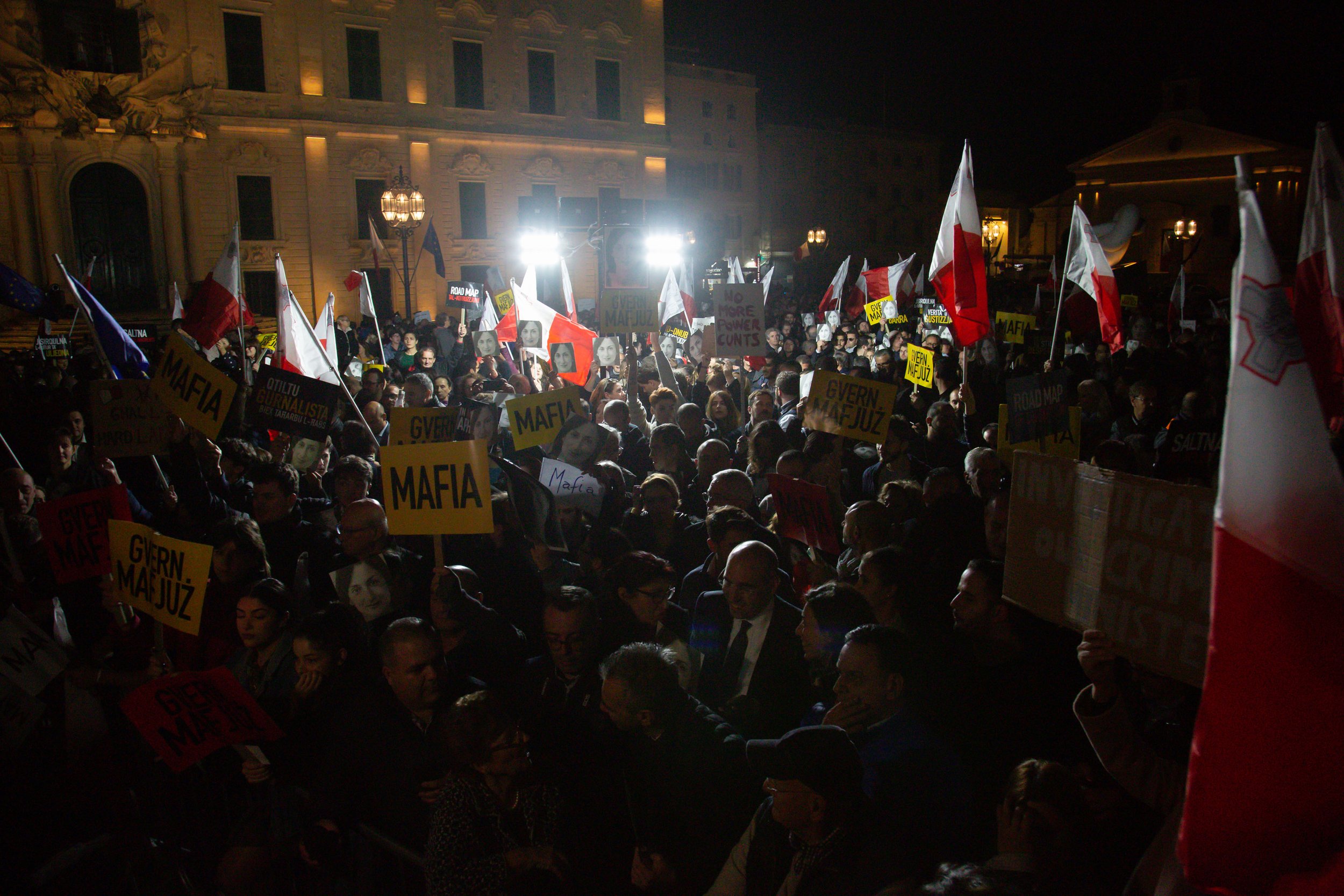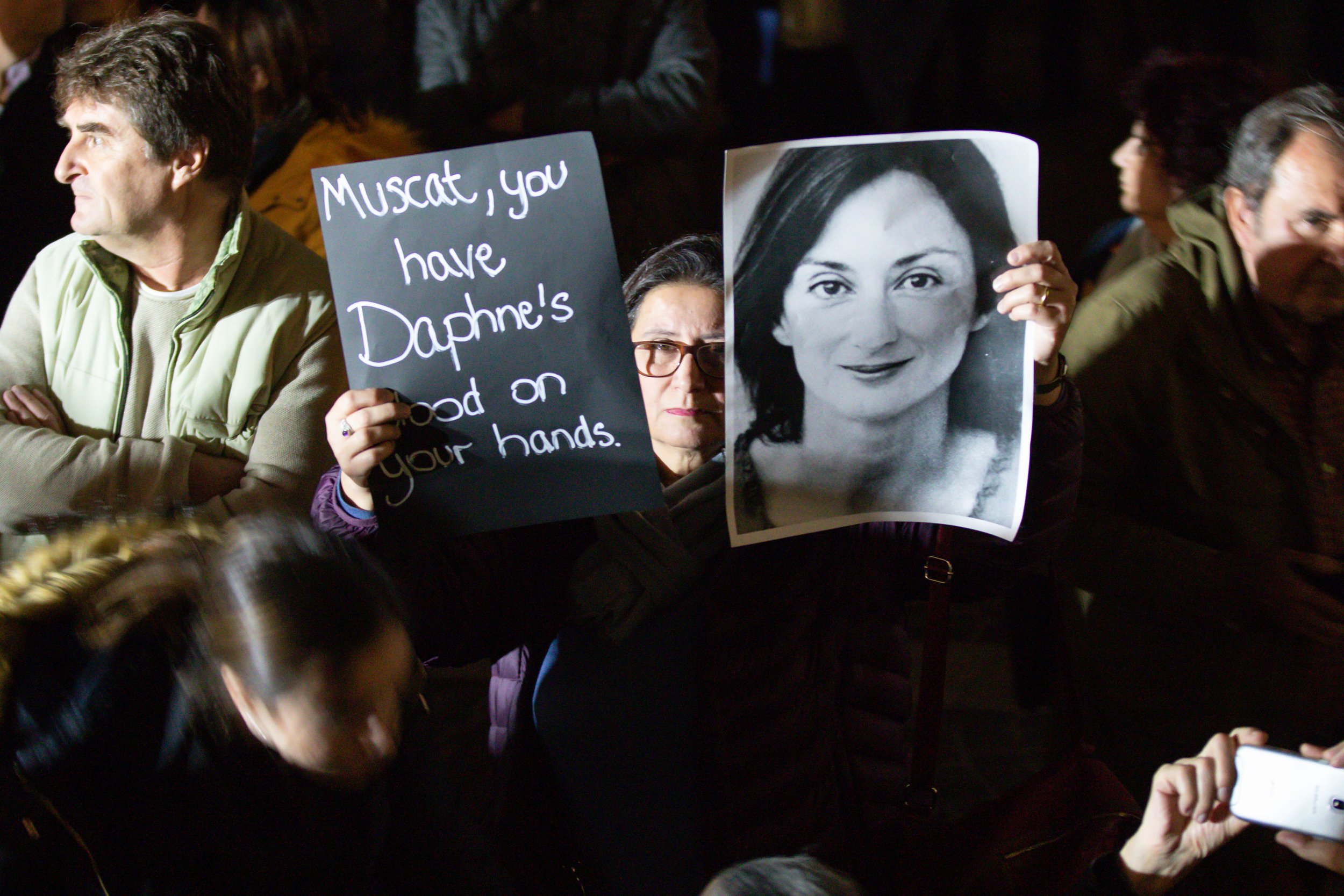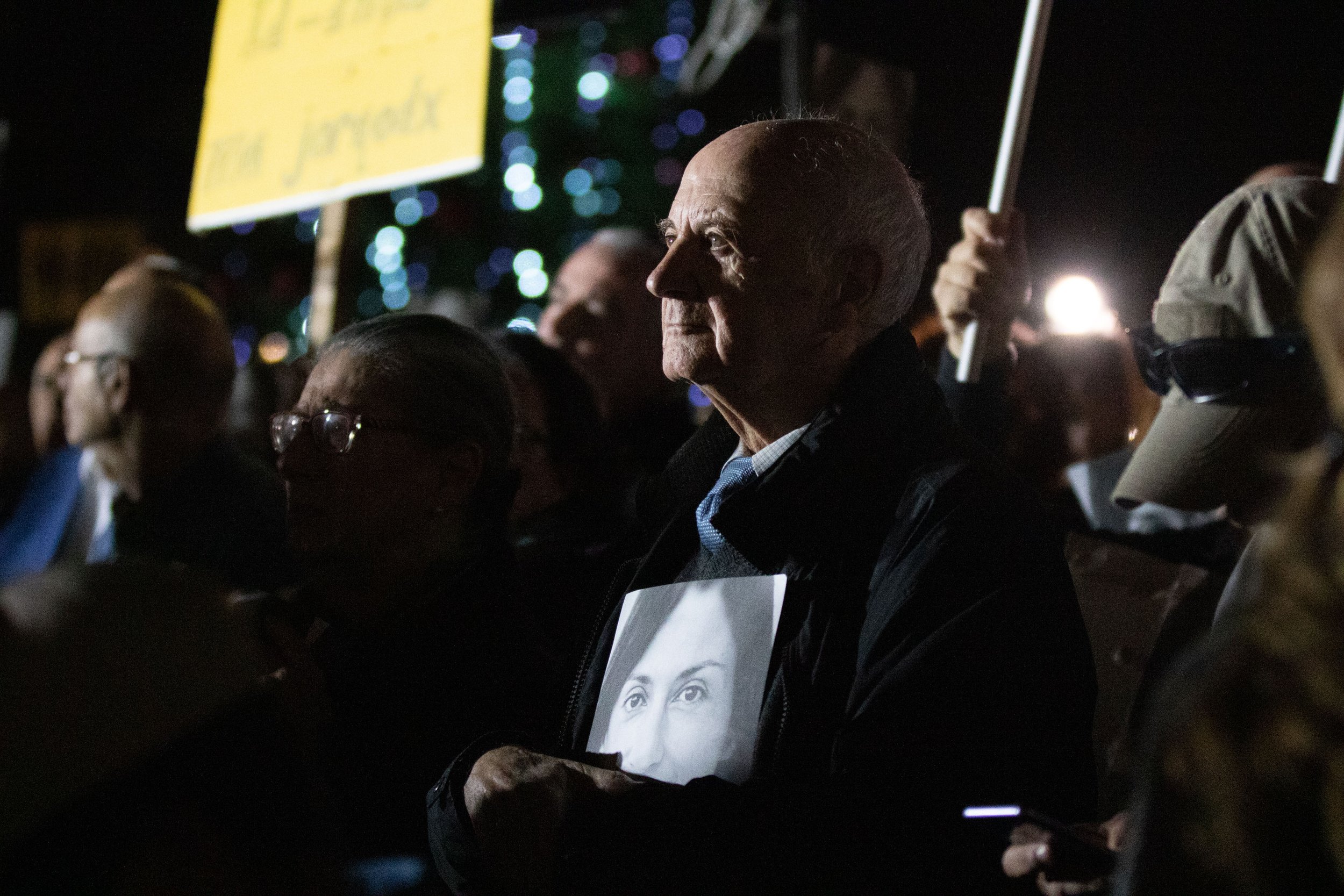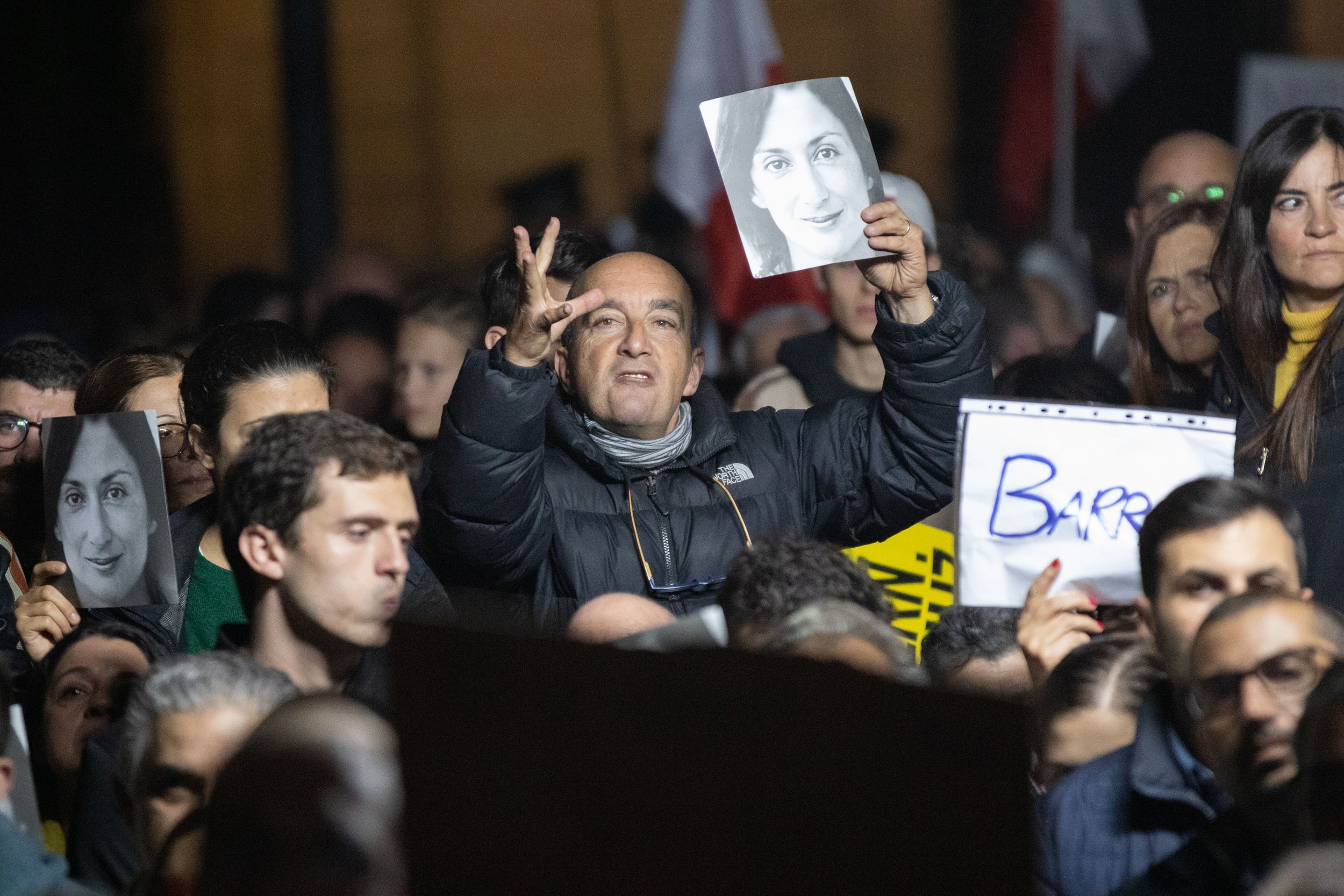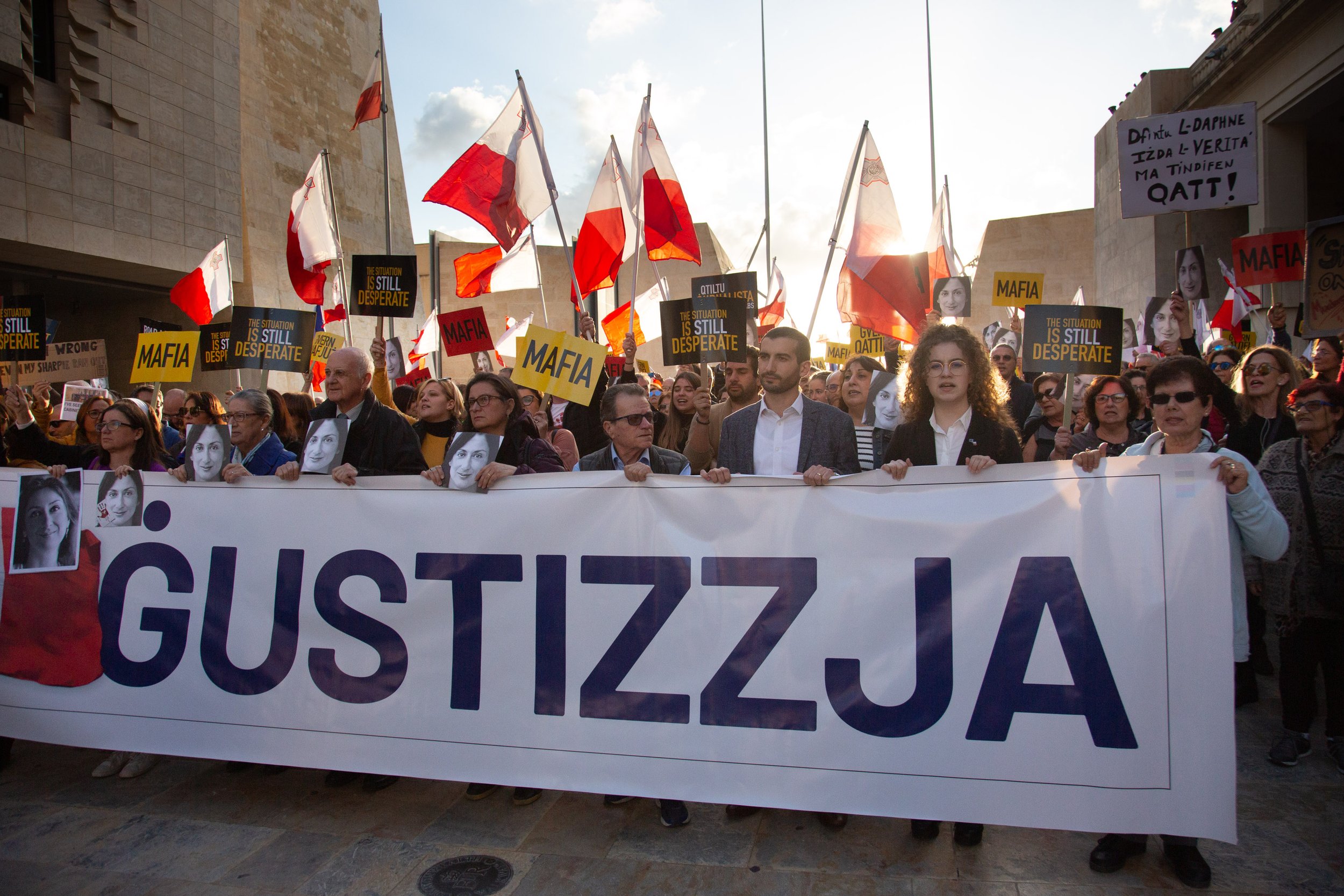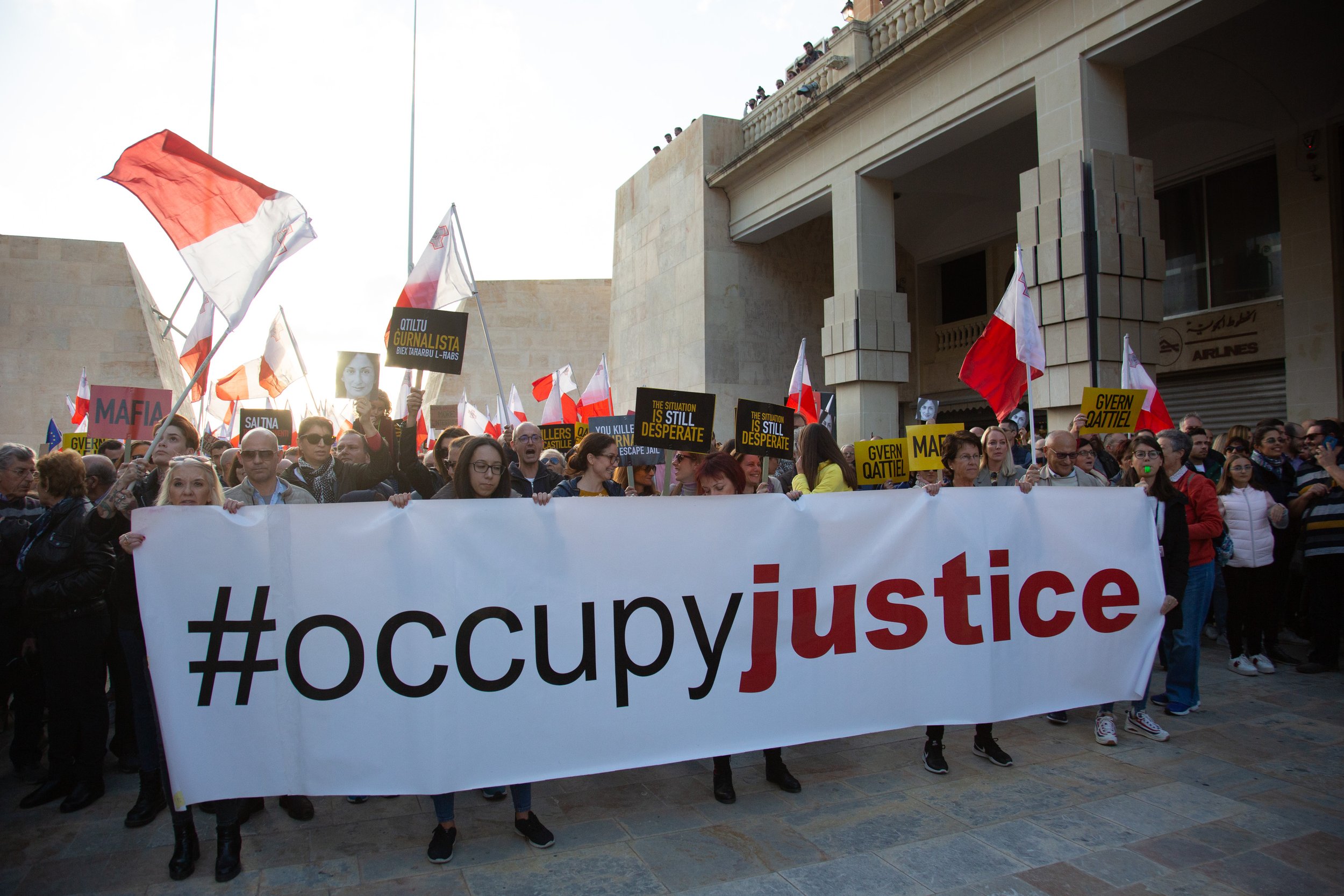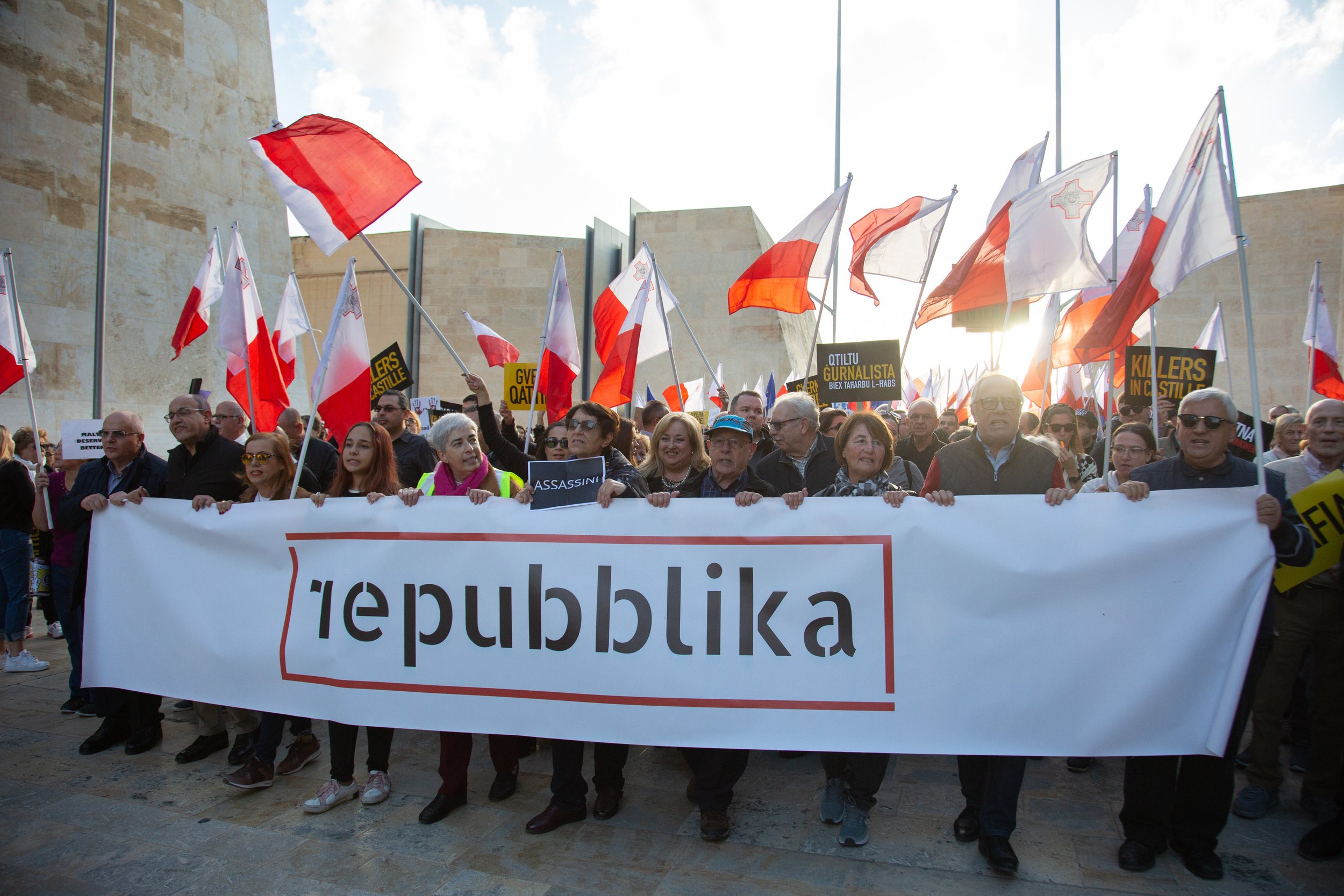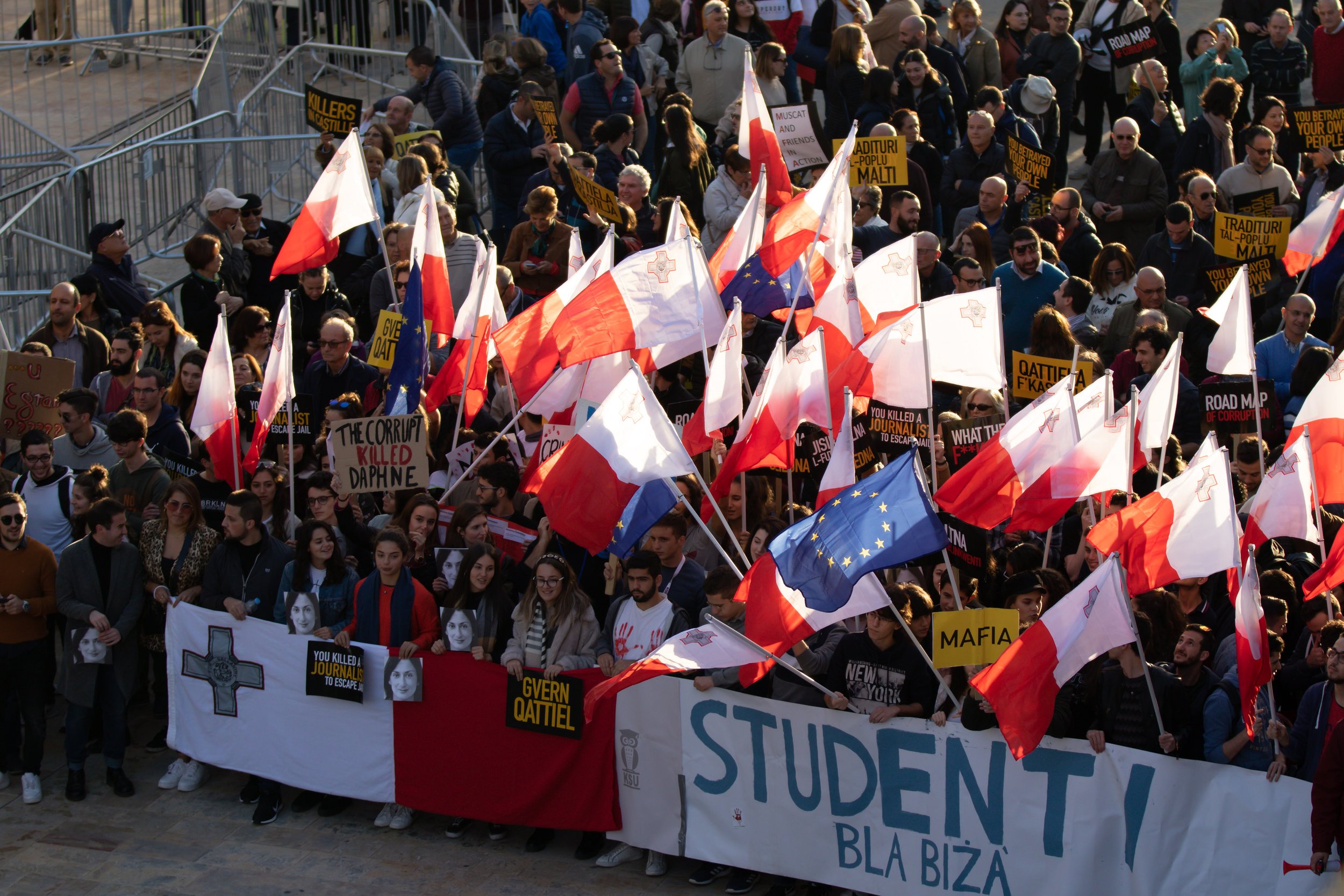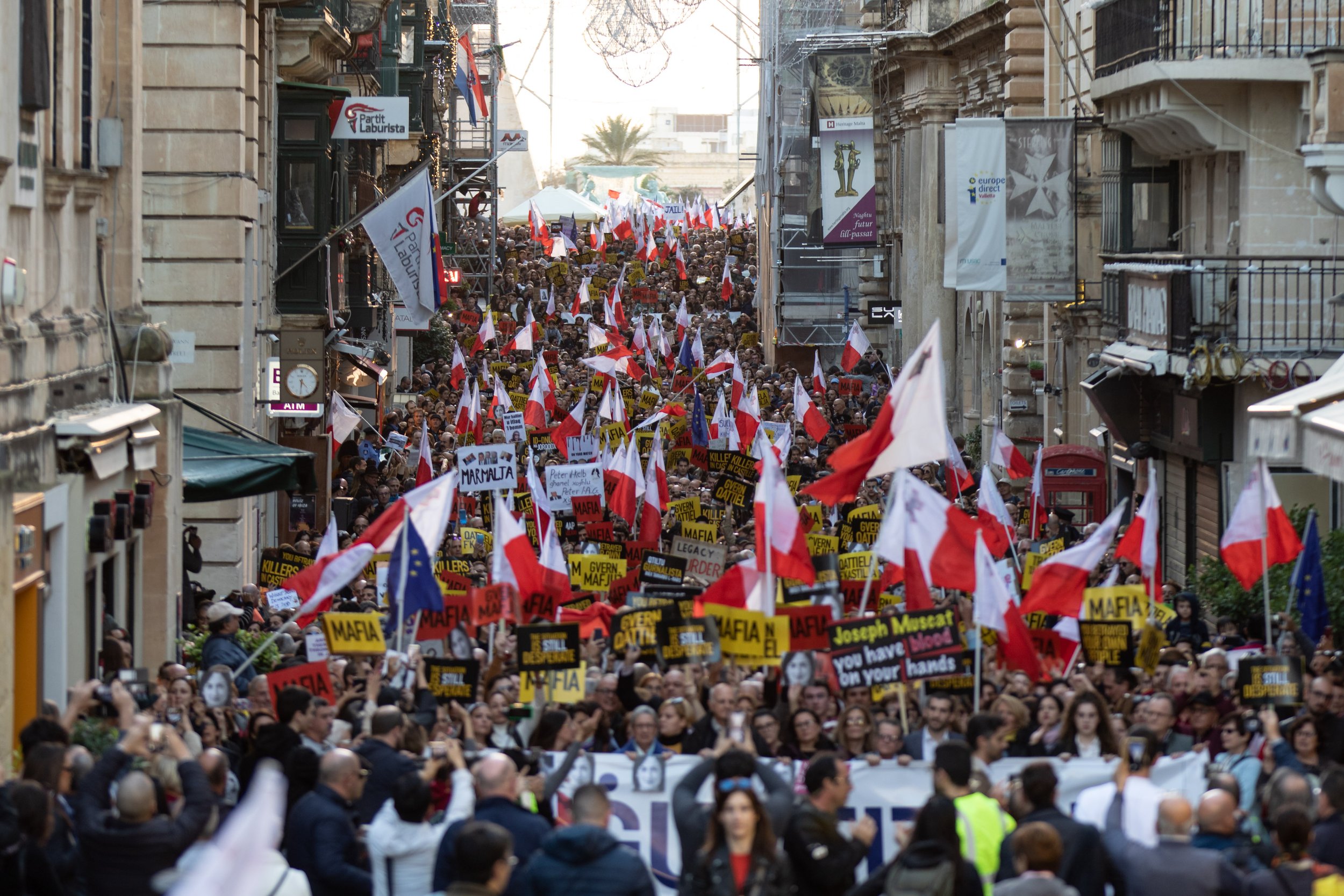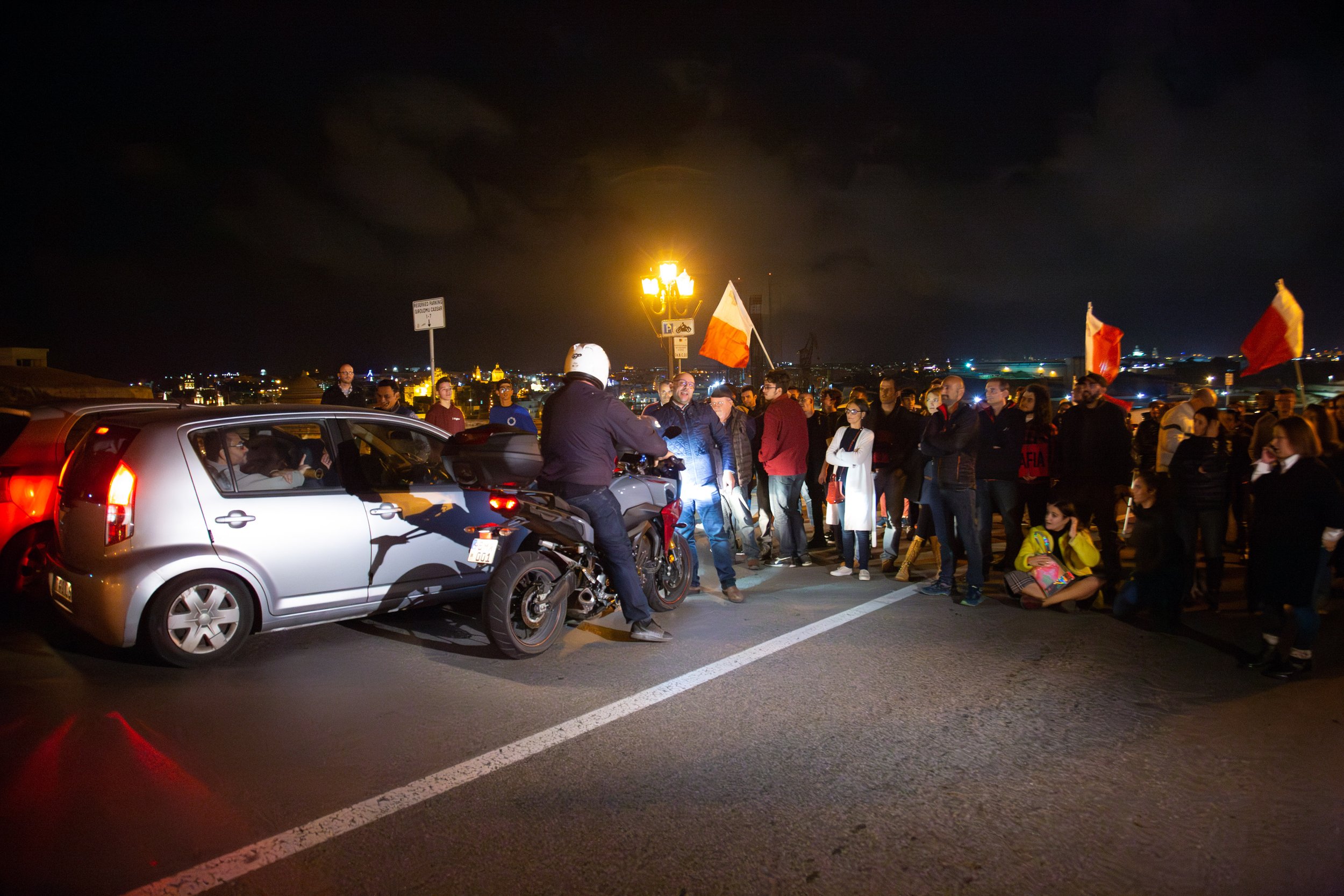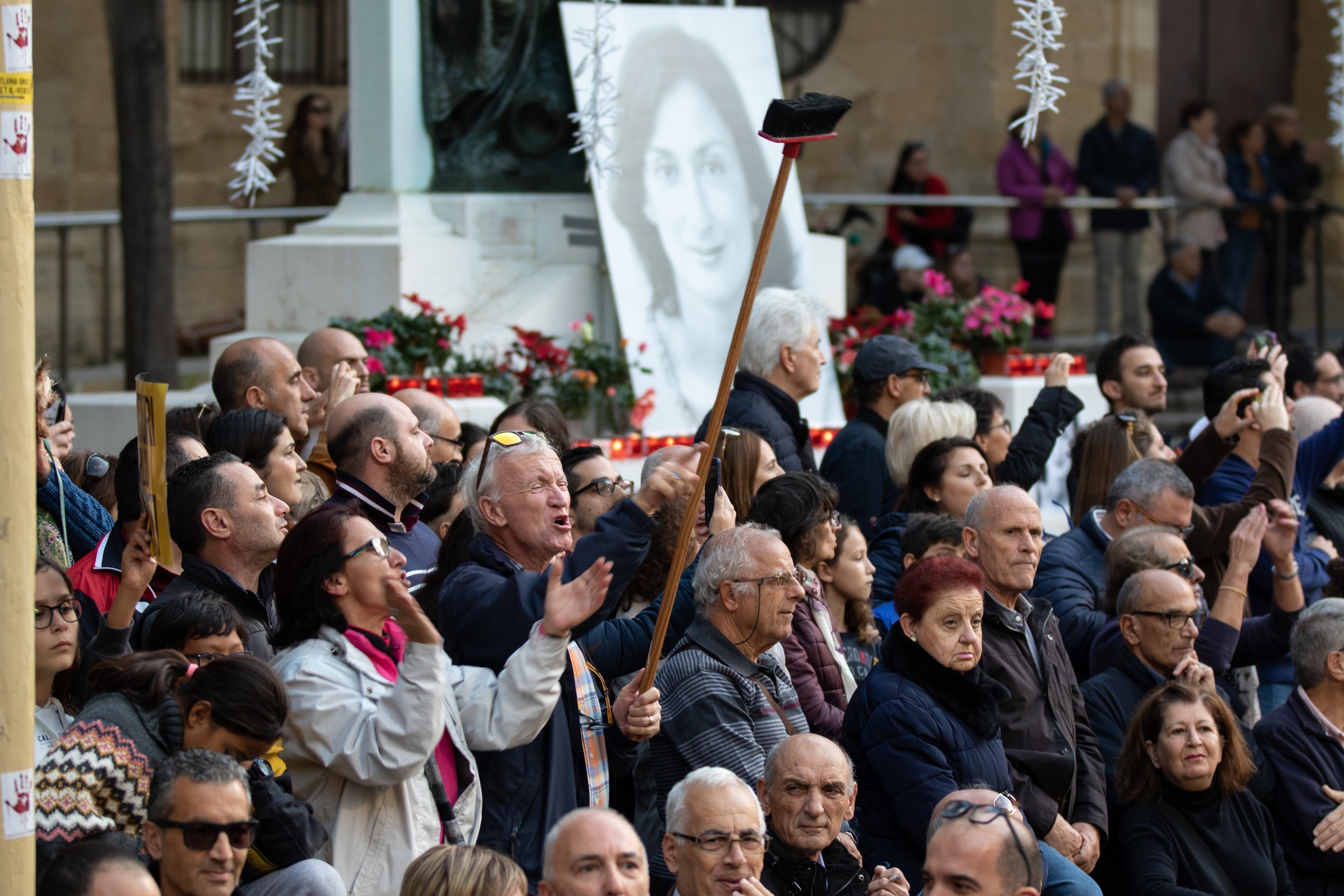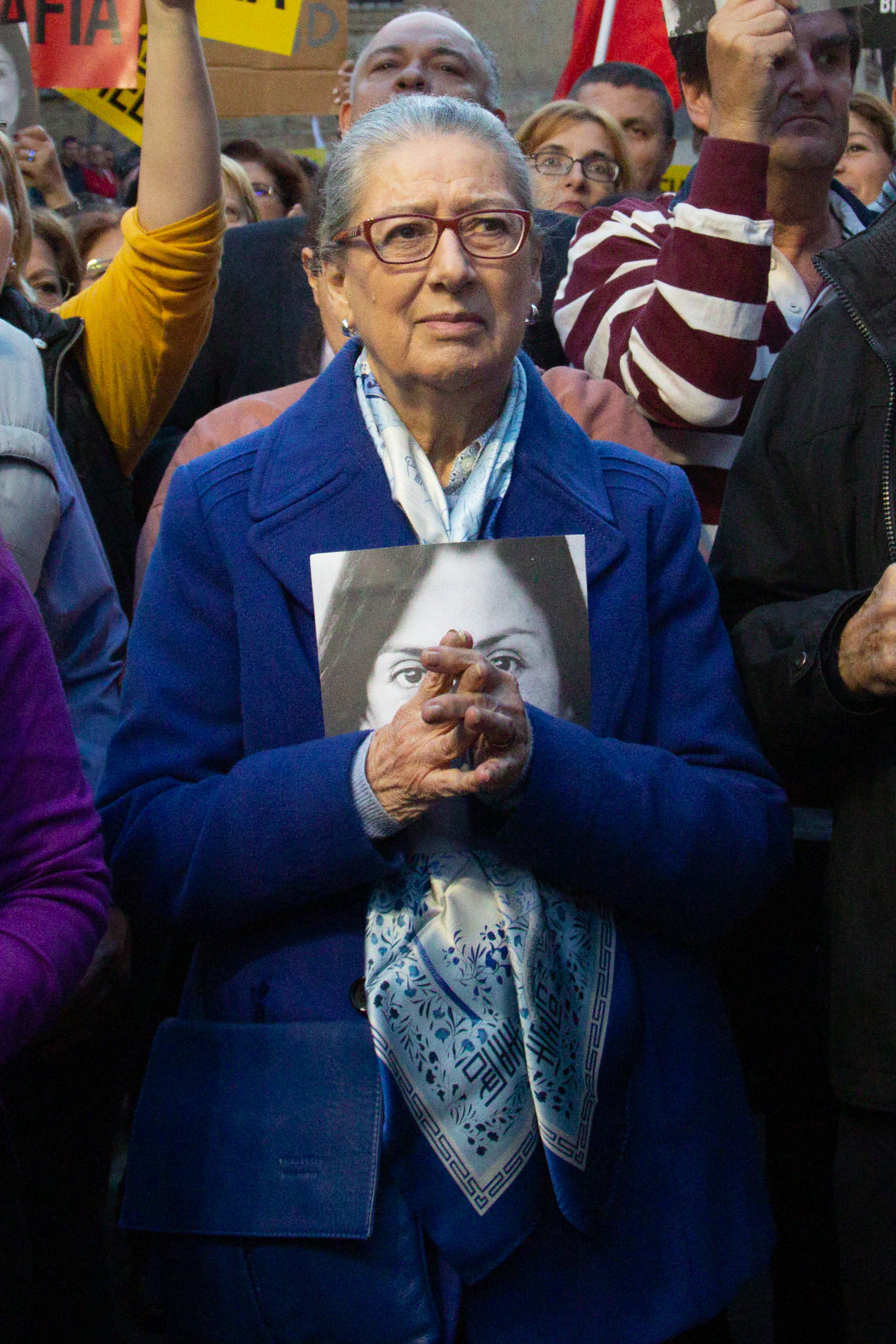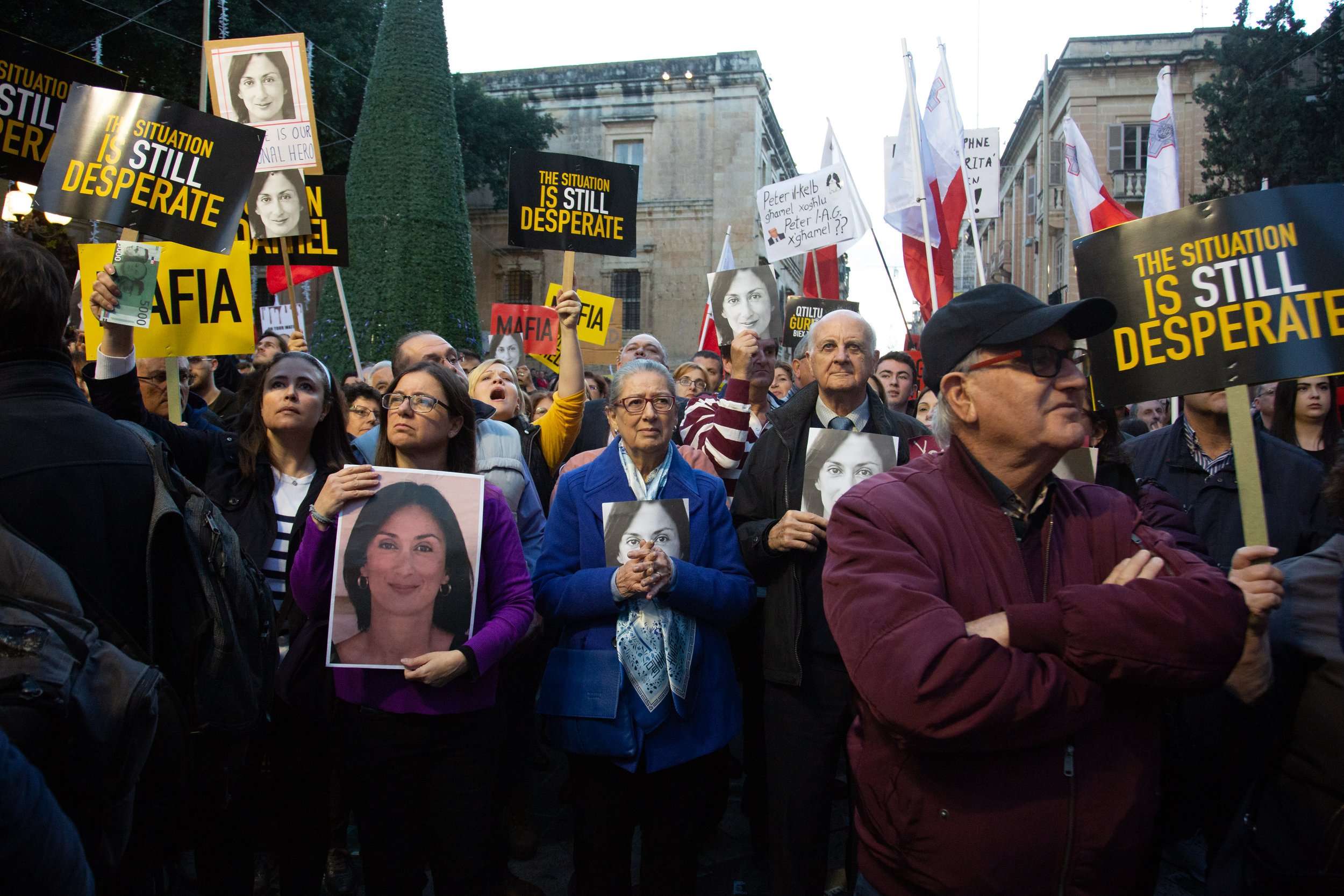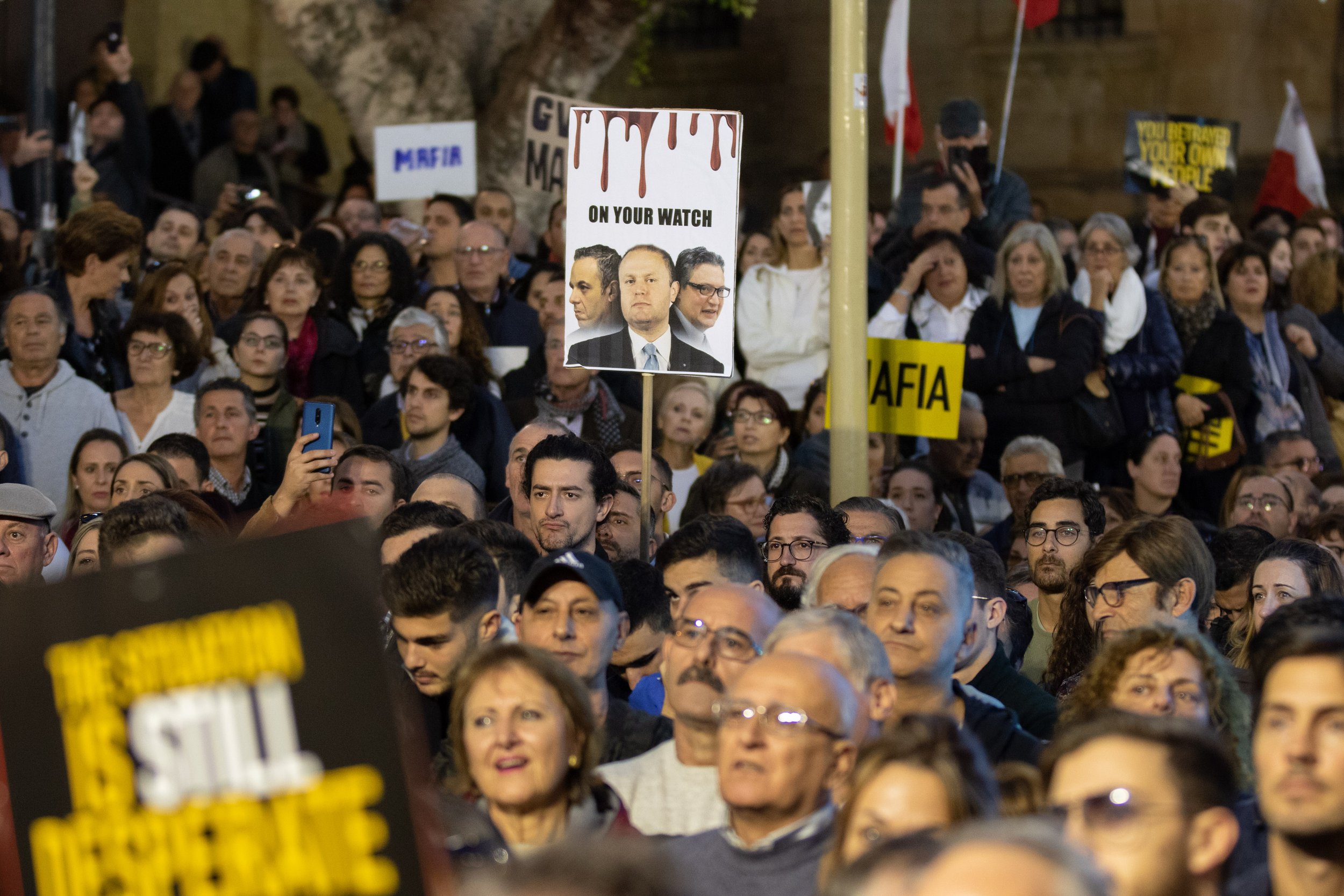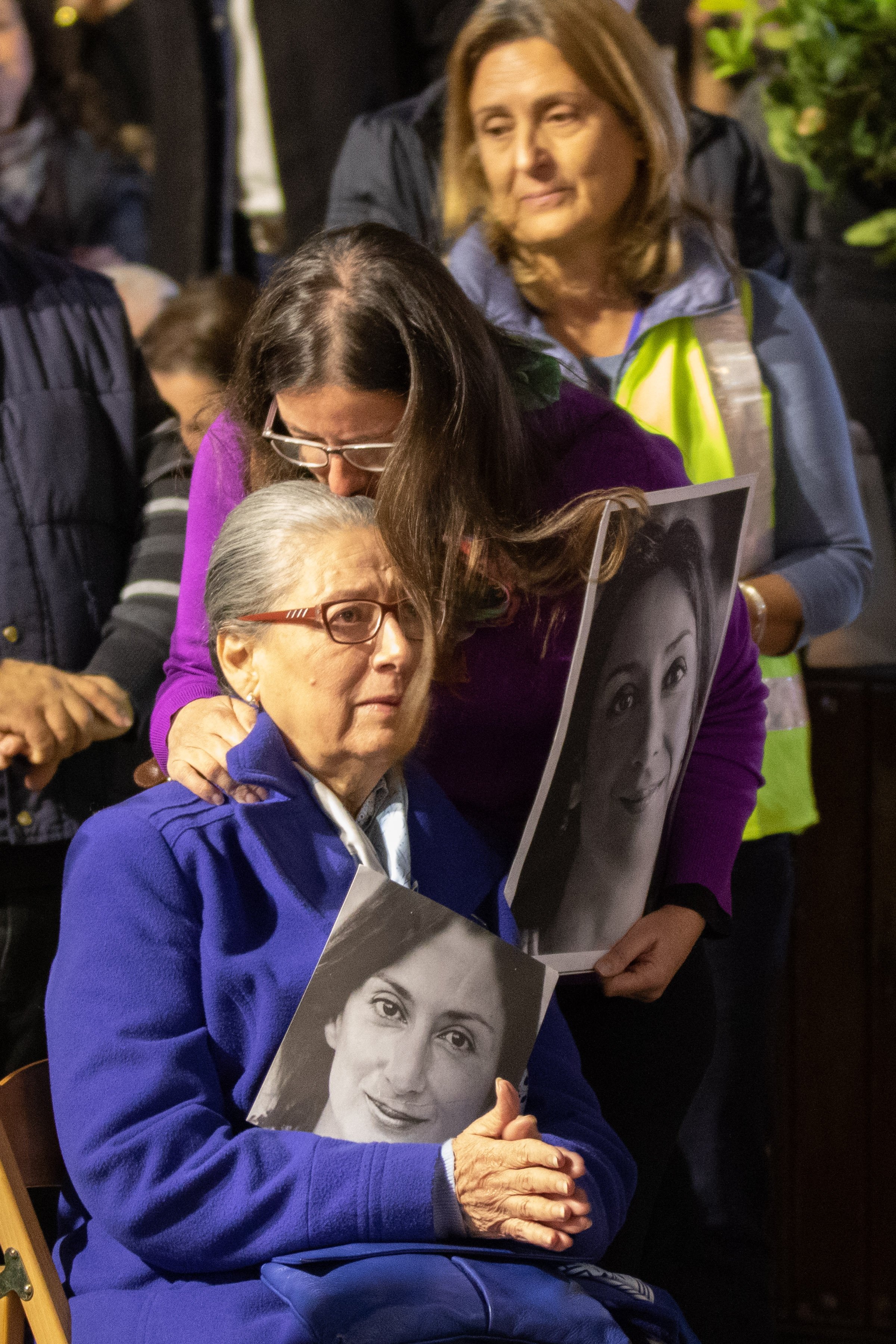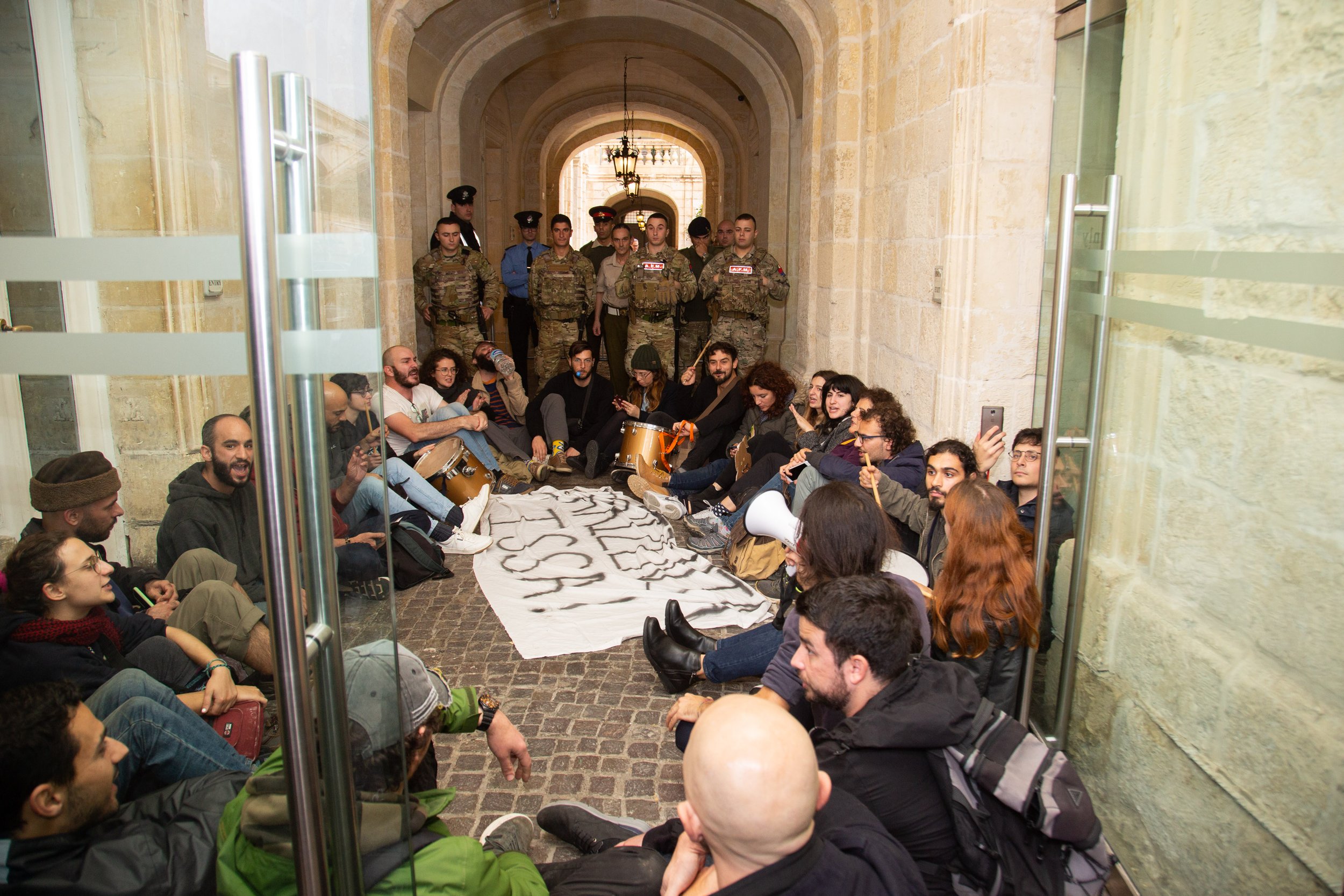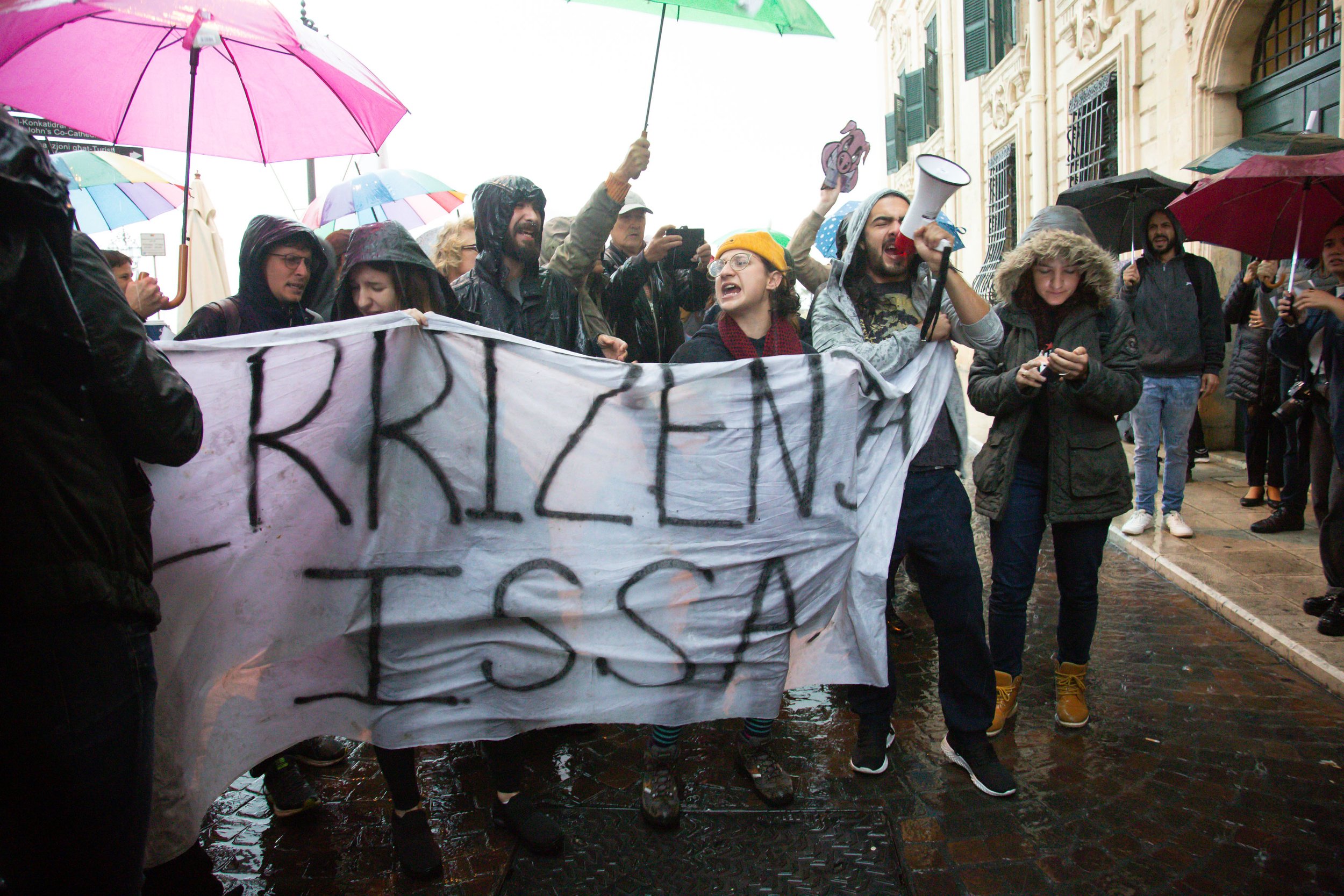Murder of Journalist Daphne Caruana Galizia
On October 16, 2017, a car bomb outside the home of Maltese investigative journalist and blogger Daphne Caruana Galizia in Bidnija, Malta, killed her. She covered political scandals and corruption in Malta, and her death stunned both the nation and the world.
As a result of Caruana Galizia's research, Malta's political elite, including the country's then-Prime Minister Joseph Muscat and his close circle, were involved in a number of high-level corruption scandals. She also focused on the financial services sector in Malta, which has a large economic impact on the nation.
Widespread indignation and demands for justice in Malta and other countries followed her death. In Malta, a public inquiry was started to look into the events leading up to her murder. Three men were detained and accused of killing her in 2019, but the trial has been plagued by delays and controversy.
Critics of the Maltese government and court system have charged that they were hesitant to address the systemic corruption and abuse of power that Caruana Galizia's reporting had shown, as well as the failure to adequately investigate and prosecute those guilty of the murder.
In Malta, there have been numerous protests, both in the years since Daphne Caruana Galizia's murder and in response to the controversies surrounding her case. Following Caruana Galizia's murder, there has been a movement in Malta for greater accountability and transparency, and there has been pressure on the government to act to address the systemic corruption that plagues the nation.
To look into the events leading up to Caruana Galizia's murder and the efficiency of the police investigation into her death, a public inquiry that is independent of the government was started in Malta in 2019. The investigation's conclusions, which were released in July 2021, were extremely scathing of how the Maltese authorities handled the situation.
A wealthy businessman named Yorgen Fenech was detained in November 2019 in connection with the slaying of Daphne Caruana Galizia. He was also a former director of the Maltese energy firm Electrogas. Fenech was stopped as he tried to board his yacht and leave Malta; he was then accused of participating in the murder.
As of May 2023, Fenech's trial is still continuing on despite his denial of any participation in the crime. Prosecutors claimed during the trial that Fenech collaborated with the three individuals who are charged with committing the murder and gave them money and other benefits in exchange for their assistance.
Many people in Malta and beyond have paid close attention to the case against Fenech because they believe it could lead to a breakthrough in the homicide investigation of Caruana Galizia. Given his connections to some of the highest levels of Maltese politics and business, Fenech's arrest and subsequent charges were seen as a significant development in the case.
It should be noted that Fenech's trial is still ongoing, and he has not yet been found guilty of any crimes connected to the murder. Daphne Caruana Galizia's murder is still a hotly debated topic in Malta, and her legacy as a daring investigative journalist and anti-corruption advocate continues to serve as an example to people all over the world.

